Introduction
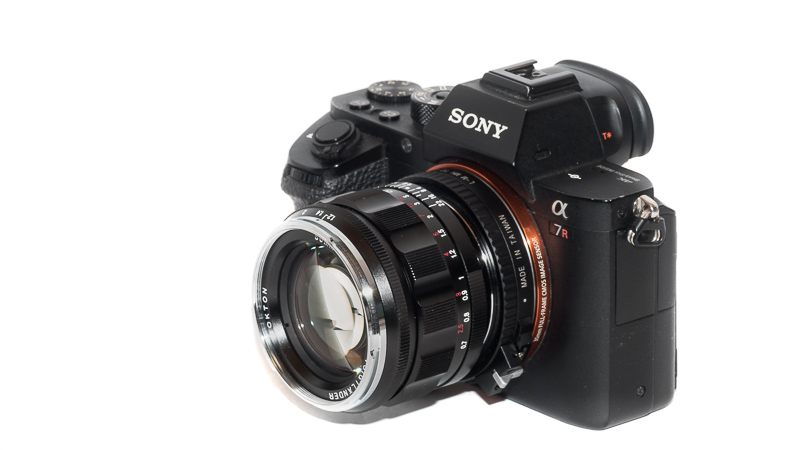
After Voigtlander gave us the 40mm 1.2 we now also get a 50mm 1.2. Is it just a slightly longer version of the 40mm or actually a better lens in the end? Read on to find out.
Update Oct. 2023: general update of the whole review
This lens is also part of my Comparison of 6 Super Fast 50mm M-mount Lenses together with the Leica 50mm 0.95 Noctilux-M, the Zhong Yi 50mm 0.95 M, the Voigtländer VM 50mm 1.0 Nokton, MS-Optics 50mm 1.0 ISM and Mr. Ding 50mm 1.1.
Sample Images
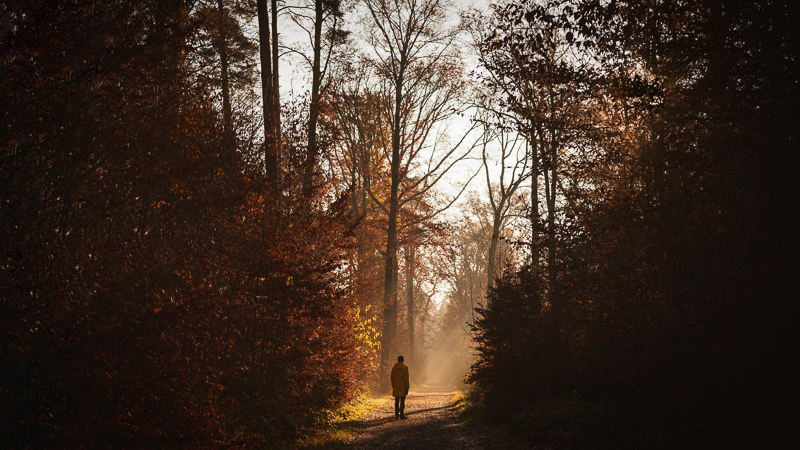

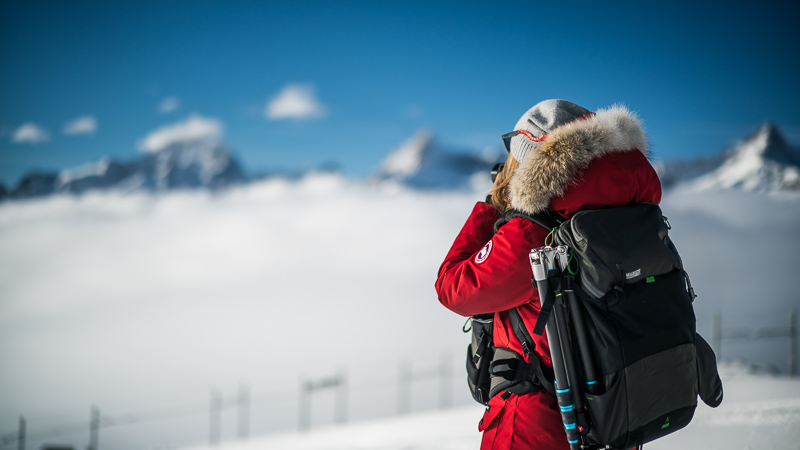
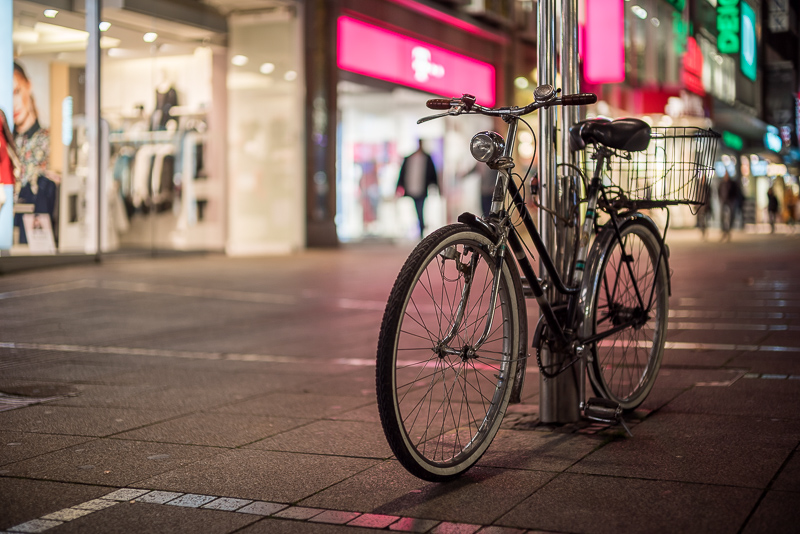
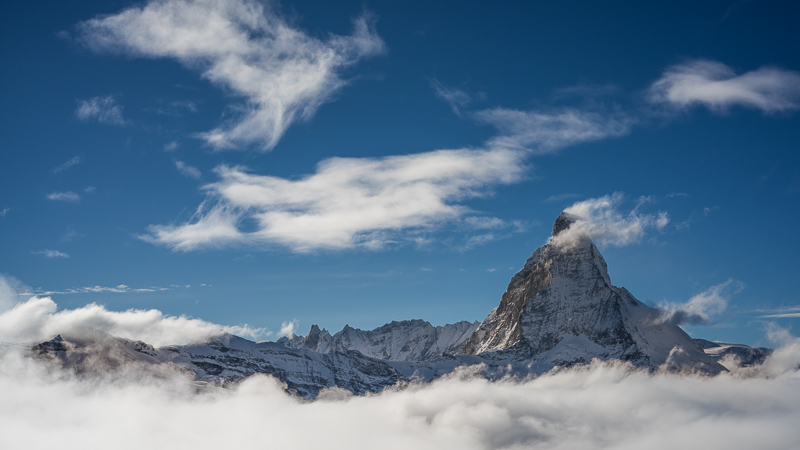
Most of the sample images in this review can be found in full resolution here.
Contents
Specifications / Version History
This lens comes in E-mount and M-mount. The M-mount version reviewed here has the following specifications:
-
- Diameter: 63mm
- Field of view: 47.5° (diagonally)
- Length: 47 mm
- Weight: 347g (without hood and caps)
- Filter Diameter: 52 mm
- Number of Aperture Blades: 12 (straight)
- Elements/Groups: 8/6
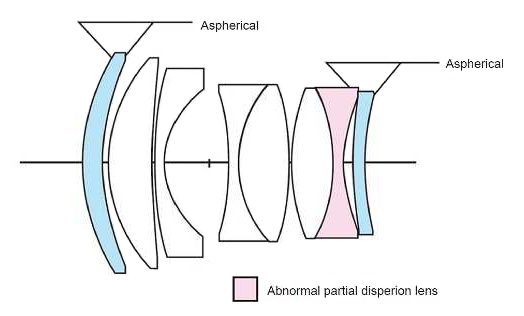
- Close Focusing Distance: 0.7 m
- Maximum Magnification: 1:12 (measured)
- Mount: Leica-M
You may also have a look at the official page.
You can usually find this lens on B&H, amazon.com or ebay.com/ebay.de for about $949 (affiliate links)
Disclosure
The Voigtlander VM 50mm 1.2 Nokton was kindly provided free of charge by Voigtländer Germany (Ringfoto) for reviewing purpose for a duration of 4 weeks.
Handling / Build Quality
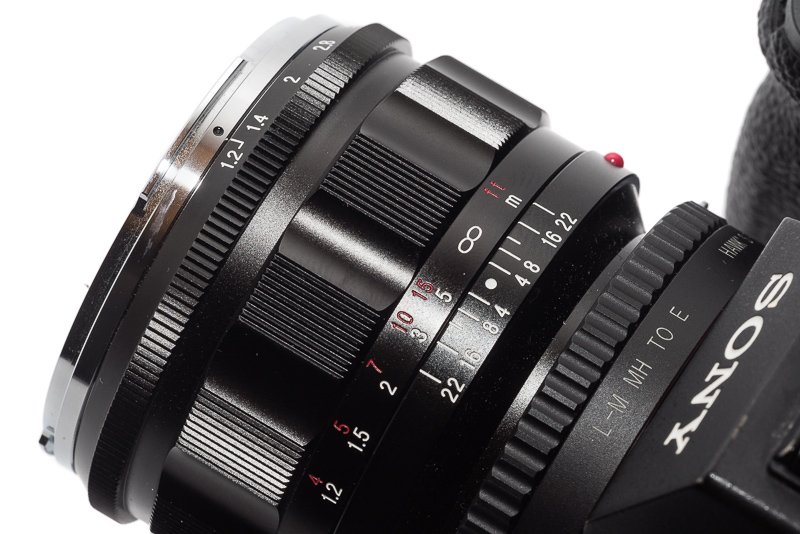
So far none of the Voigtlander lenses disappointed in this category and this holds true for this new 50mm 1.2 as well. The focus ring has perfect and even resistance and travels ~120° from the minimum focus distance (0.7m) to infinity.
The aperture ring has 1/2 stop click stops which I think is a good compromise. It travels about 120° from f/1.2 to f/22.
Most parts seem to be made from metal and all markings are engraved and filled with paint.
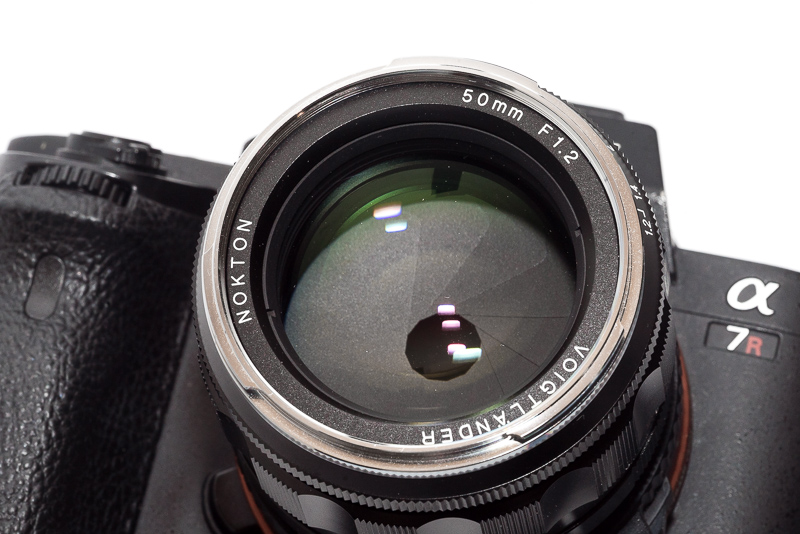
From the Voigtlander E-mount lenses we are used that there is a screw in metal hood in the package, this is not the case here. But as we will see in the flare resistance section this is not a big loss. On later Voigtländer lenses there is no shiny front retention ring anymore, as that could lead to unwanted reflections with some lenses, but also that doesn’t seem to be the case here.
When using this lens on a rangefinder camera like the Leica M10 there is almost no rangefinder blockage with the lens set to infinity but some with it set to the minimum focus distance of 0.7 m.
Vignetting
light falloff
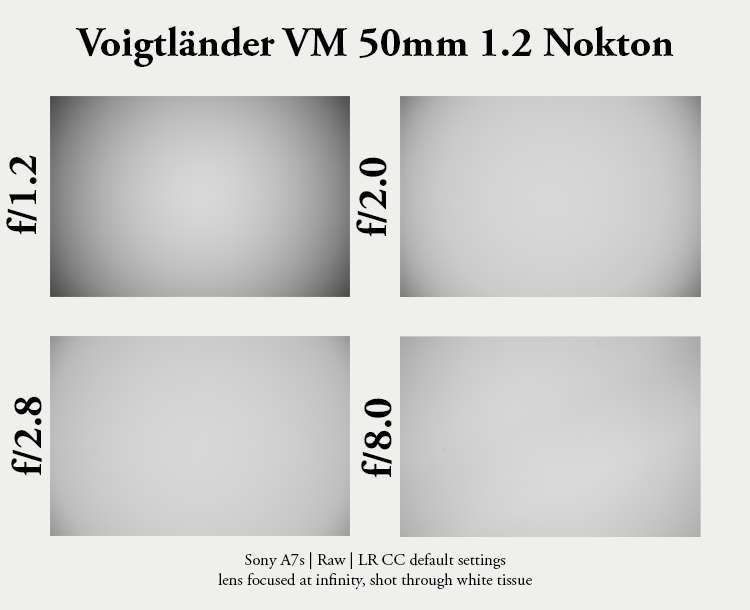
| f/1.2 | 3.3 EV |
| f/1.4 | 3.0 EV |
| f/2.0 | 2.1 EV |
| f/2.8 | 1.6 EV |
| f/4.0 | 1.3 EV |
| f/5.6 | 1.1 EV |
| f/8.0-f/16 | 1.0 EV |
Wide open there is strong light falloff of roughly 3.3 EV, stopped down to f/2.0 this improves to 2.1 EV, stopped down to f/2.8 it is 1.6 EV and further improves to 1.0 EV at f/8.0. These values are comparable to the competition in this class.

It is recommended to have a look at this article first to get an idea how this brightness graph works.
optical vignetting
Very fast yet compact lenses usually show a significant amount of optical vignetting. Without going too much into technical details optical vignetting leads to the truncation of light circles towards the borders of the frame.
In the center of the frame almost every lens will render a perfect circle, but only lenses with very low optical vignetting will keep this shape in the corners.
So in the following comparison we move from the center (left) to the extreme corner (right) and see how the shape of the light circle changes.
This comparison was done at 1.0 m focus distance, you may get slightly different results at other distances.
When it comes to very fast M-mount lenses this Voigtländer VM 50mm 1.2 Nokton is actually one of those lenses that does better when it comes to optical vignetting. Better even than the bigger and faster Voigtländer VM 50mm 1.0 Nokton.
Sharpness
Focus shift
50% crops, A7rII
When stopping down the plane of optimal focus shifts to the back, so you have to focus a bit closer for best performance. I recommend focusing at working aperture with this lens to get best results. At close distances even at f/4.0 the difference is still noticeable.
infinity (42mp Sony A7rII, 24mp Leica M10)
On the Leica M10 with its thin sensor stack this lens has designed for it shows an impressive performance at infinity. There is barely any midzone dip and even the corners look pretty decent from f/1.2. By f/5.6 the across frame performance is really good.
On the Sony A7rII with its thick filter stack the situation is different. Midframe and corners are nothing to write home about here at wider apertures, stopping down to f/2.8 is needed for the midframe to look good but the corners really need f/8.0 to show good performance.
portrait (1.5 m, 24mp Leica M10)
Let’s see what the performance is like at a typical portrait distance for a 50mm lens of ~1.5 m.
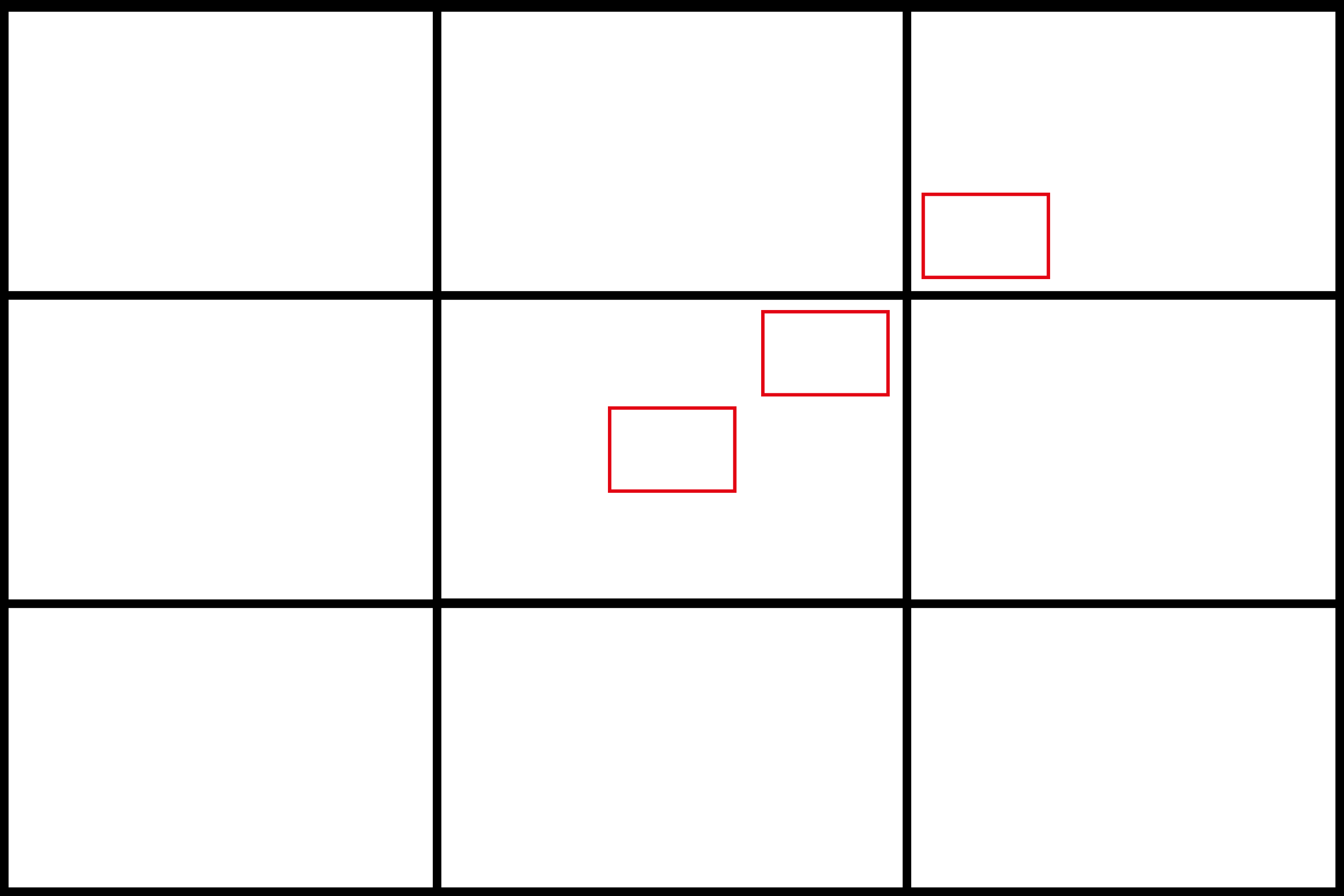
We will be looking at 100% crops from the 24mp Sony A7III and the Leica M10. Both cameras do not have an anti aliasing filter in front of the sensor.
At portrait distances and when used on an M-mount camera the lens shows an impressive performance at focus point already at f/1.2. The only lens which is at least as fast at f/1.2 I came across so far that does better in this category is the Voigtländer VM 50mm 1.0 Nokton – probably thanks to its floating elements design.
close (0.70 m, 1:12, 42mp Sony A7rII)
100% crops from center, A7rII, because of focus shift (see corresponding section) I refocused for every shot.
Similar to many other (especially fast) lenses without a floating elements design the performance wide open at the minimum focus distance ain’t that great (unless you are after a dreamy look).
But stopping down to just f/2.0 improves the performance significantly.
closer (0.37 m, 1:5.1, 42mp Sony A7rII, 4mm extension from helicoid adapter)
100% crops from center, A7rII, because of focus shift (see corresponding section) I refocused for every shot.
Like most M-mount lenses the minimum focus distance isn’t great so I am using the lens with a helicoid close focus adapter.
The performance is quite comparable to that at the actual minimum focus distance of 0.7 m. Soft at f/1.2 and f/1.4 with a significant gain at f/2.0. When you stop down to f/4.0 the field is also surprisingly flat.
Keep in mind that this lens was never intended to be used at these distances by the designers.
In this comparison you can see how this translates into real life pictures (taken at 0.37 m focus distance):
The f/1.2 shot has smoother bokeh but it is also a bit soft with noticeable glow. Stopping down to f/2.0 increases resolution and contrast significantly and reduces the amount of some of the optical aberrations.
Flare resistance
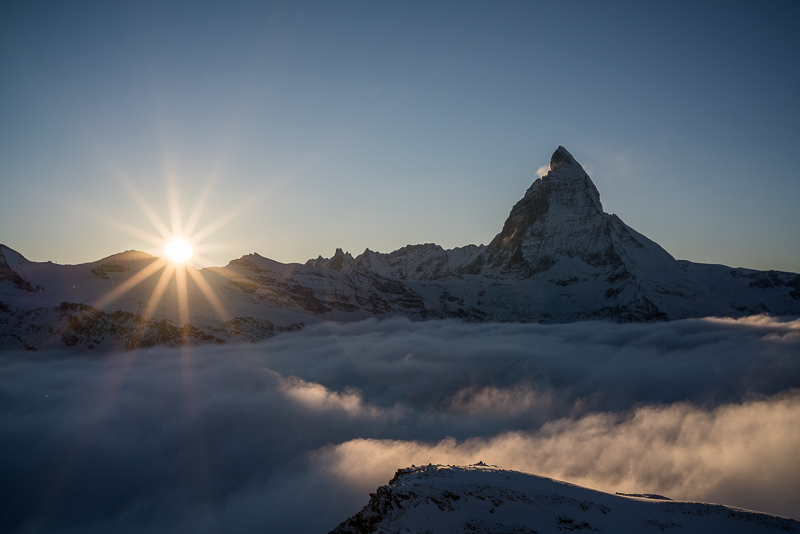
Flare resistance is actually pretty good, most of the time you can just shoot directly into the sun and you will neither have problems with a loss of contrast nor ghosting. Only sometimes you may encounter rather small and unobstrusive ghosts (magenta cirlce left of the sun) that shouldn’t ruin your image.
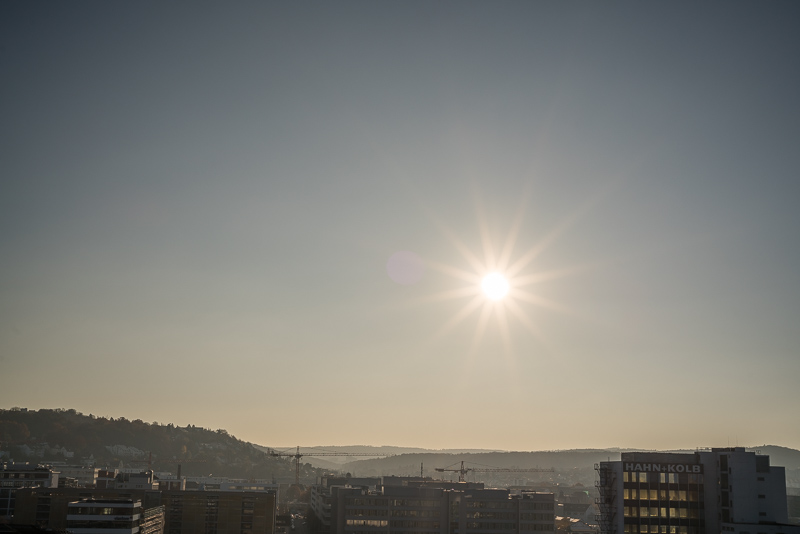
Even with the sun close to the corner of the frame (where many lenses struggle) the issues are minor. There is just one position where you can get a rather strong flare, but this is a staged situation and the slightest change in framing will make it go away.
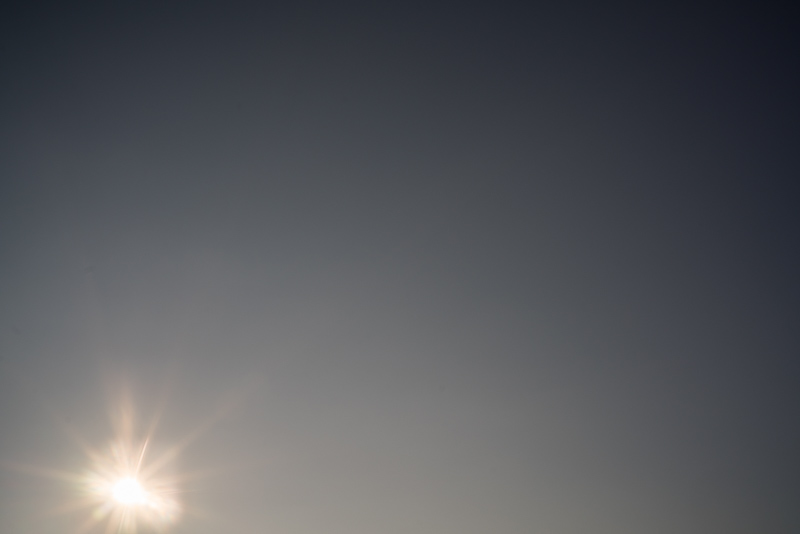
In terms of flare resistance one of the best 50mm lenses I had the pleasure to use so far. Considering the big front element and the very fast maximum aperture this is especially praiseworthy.
Coma
24mp Leica M10
100% crops from extreme corner, focused on center, Leica M10
The performance here is not particularly great on an absolute scale, but compared to other fast 50mm lenses this lens is actually doing a pretty well job and from f/2.8 the performance is actually really good.
42mp Sony A7rII
100% crops from extreme corner, focused on corner, A7rII
On the Sony A7rII I had to focus on the corners for these shots, if you focus on the center the corners will look slightly worse due to the field curvature caused by the thick filter stack of the Sony camera.
Distortion
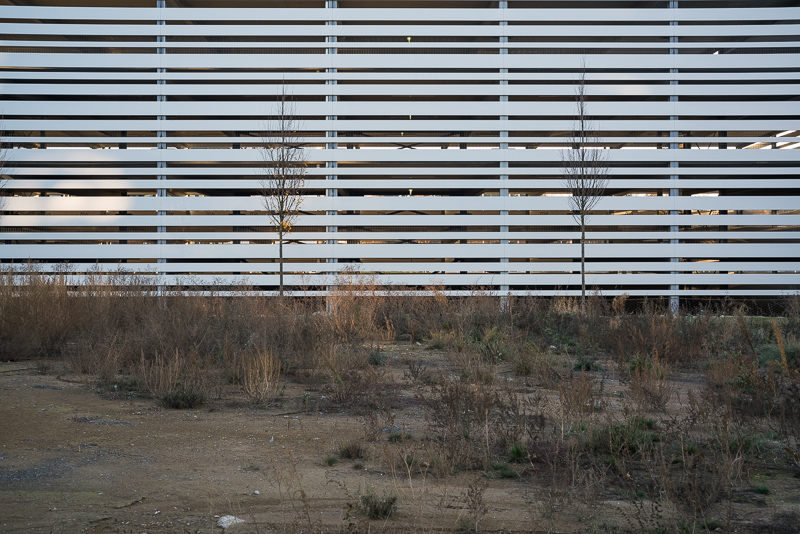
The lens shows an almost unnoticeable amount of pincushion distortion and only so in the corners, which will barely be visible in real life shots. There is also a correction profile available for Adobe CameraRAW and Lightroom which corrects it perfectly.
Bokeh

Only few 50mm lenses feature a smooth bokeh rendering, but this one did surprise me in a positive way. As we have seen in the sharpness and coma sections there is a bit of uncorrected spherical aberration which usually leads to a smoother bokeh rendering.
At most distances the bokeh is indeed very smooth, but especially so when you are a bit closer to your subject:
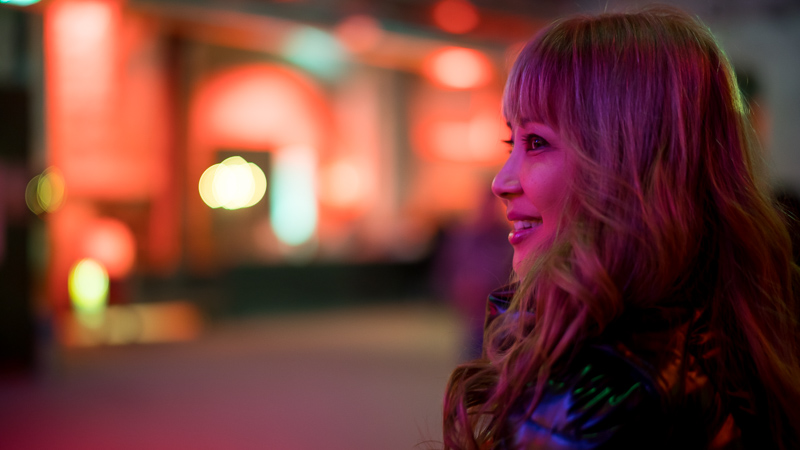
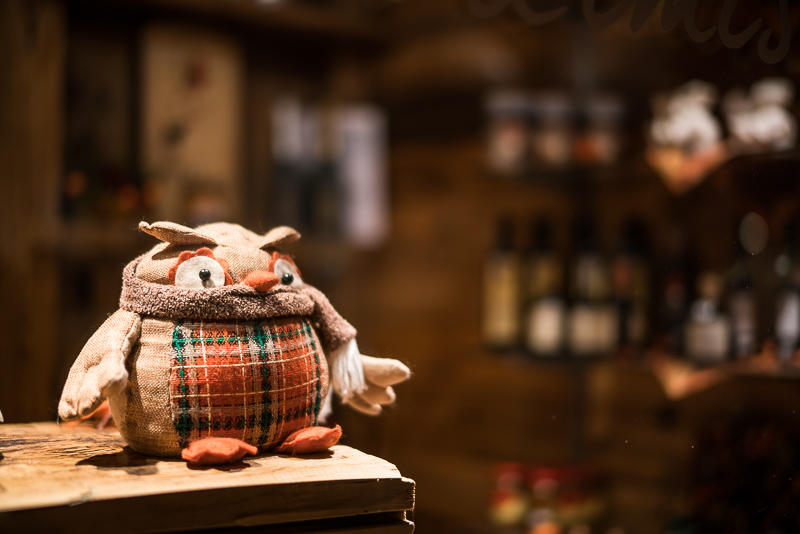
When focusing on something a bit further away it still holds up pretty well:

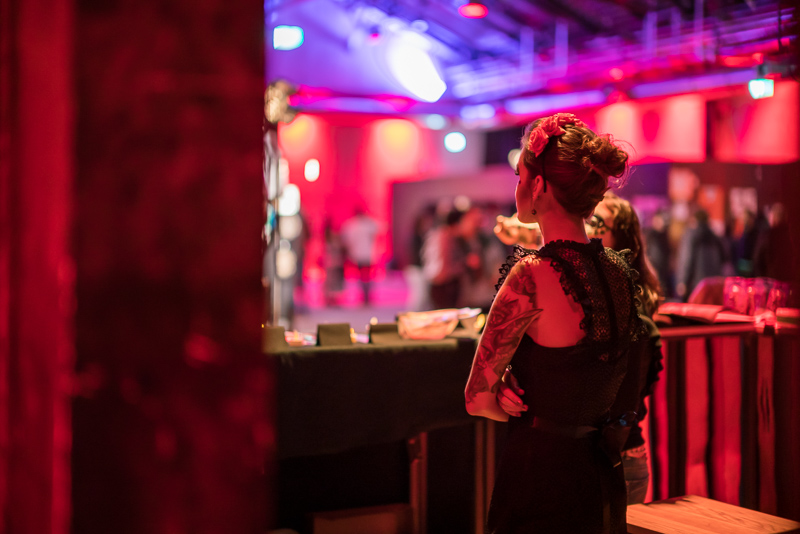
But the small size, strong vignetting and the filter stack induced field curvature take their toll when used on a Sony camera: at full body portrait distance you can clearly see that the corners are much sharper than the center of the frame, which is a bit unfortunate:
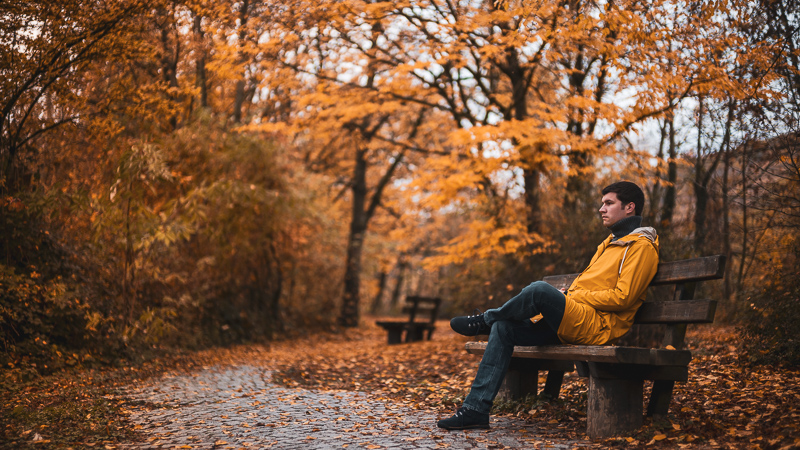
When used on an M-mount camera this effect is less pronounced.
What I didn’t like about the Voigtlander 40mm 1.2 Nokton E were the sometimes distinct onion rings in light circles. Despite a seemingly similar design these are pretty much completely absent here:
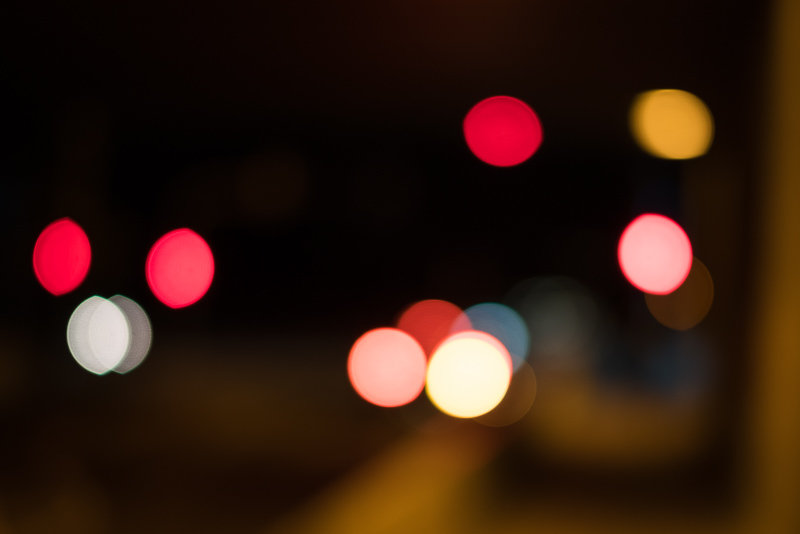
So all in all (but without having performed a direct comparison) I like the bokeh rendering of the 50mm 1.2 a bit more than that of the 40mm 1.2.
Even in the out of focus areas you can see the slightly undercorrected spherical aberration (glow) at f/1.2. This goes away when stopping down to f/2.0 or further.
Despite the straight blades you can rarely see poing light sources are rendered as 12-sided figures instead of circles.
Compared to: Zhong Yi Mitakon 50mm 0.95
I shot a few scenes with both lenses side by side:
As this is a highly subjective topic best have a look for yourself to see which lens you prefer. There is a slight difference in focal length which is to be noted though.
Sunstars
Unlike the Voigtlander E-mount lenses we reviewed so far this lens features 12 instead of 10 straight aperture blades, nevertheless the sunstars are well defined between f/2.0 to f/16. If you want to know more about sunstar rendering of different lenses have a look at this article.
You can also see the noticeable spherical aberration at f/1.2 and f/1.4 in these shots.
100% crops from center, A7rII
Chromatic aberration
lateral
100% crops from extreme corner, A7rII
There are only minor lateral CA visible that are easily corrected in a raw developer like Lightroom by one click.
longitudinal
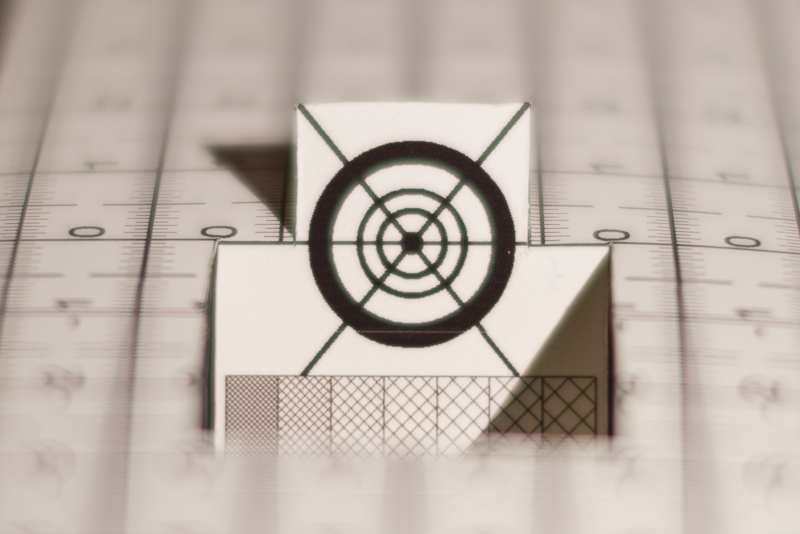
In close up scenarios there is only a bit of green behind and magenta in front of the focal plane visible, but this aberration is masked by spherical aberration quite a lot when shooting at wider apertures here.
In very demanding scenes like the one below you can spot loCA even in smaller prints, but this is still in line with what is to be expected from a very fast lens like this.
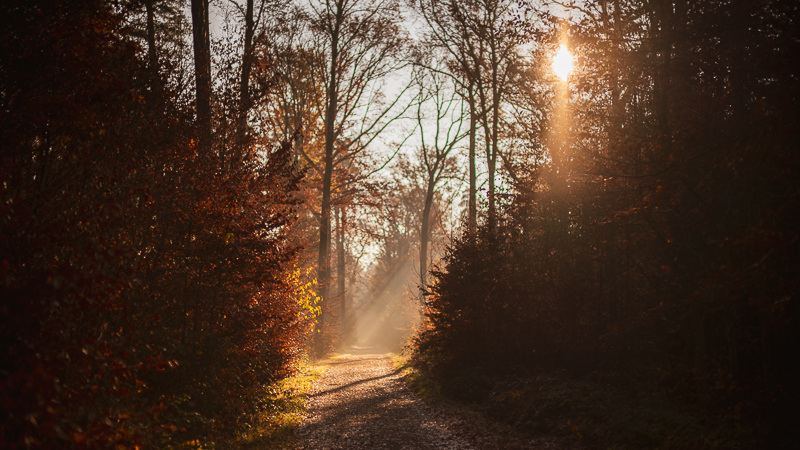
Conclusion
good
|
average
|
not good
|
M-mount user:
Having used many 50mm M-mount lenses, I consider this one the actually best allrounder amongst all of them. It offers a maximum aperture of f/1.2, which makes it a very versatile lens. It is also a compact lens, as it is roughly the same weight as the Leica 50mm 1.4 Summilux-M Asph, but smaller and offers way better flare resistance as well as off-center sharpness (at portrait distances and infinity).
The Voigtländer VM 50mm 2.0 Apo-Lanthar is better corrected at f/2.0 with impeccable CA correction and sharpness across the whole frame at all distances, but stopped down to f/2.8 or further the difference gets pretty small, so I would prefer having a lens with a faster f/1.2 maximum aperture.
E-mount user:
Now that there is an E-mount version available it doesn’t make that much sense to get this M-mount version to use on your E-mount camera anymore.
You can usually find this lens on B&H, amazon.com or ebay.com/ebay.de for about $949 (affiliate links)
Alternatives
You can find reviews of plenty of 50mm M-mount lenses here and if you are looking for a 50mm lens for your Sony E-mount camera have a look at our 50mm FE guide.
You can also have a look at my comparison of six super fast 50mm M-mount lenses including the Leica 50mm 0.95 Noctilux-M, the Zhong Yi 50mm 0.95 M, the Voigtländer VM 50mm 1.0 Nokton, MS-Optics 50mm 1.0 ISM, Mr. Ding 50mm 1.1 and this Voigtänder VM 50mm 1.2 Nokton.
Sample Images
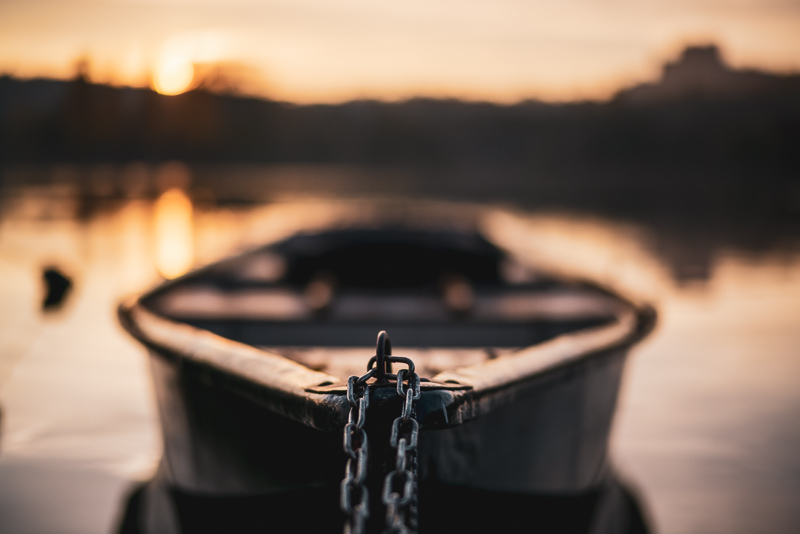
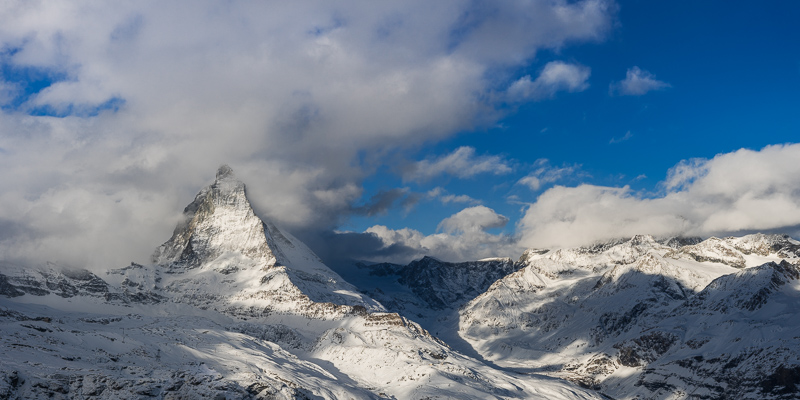
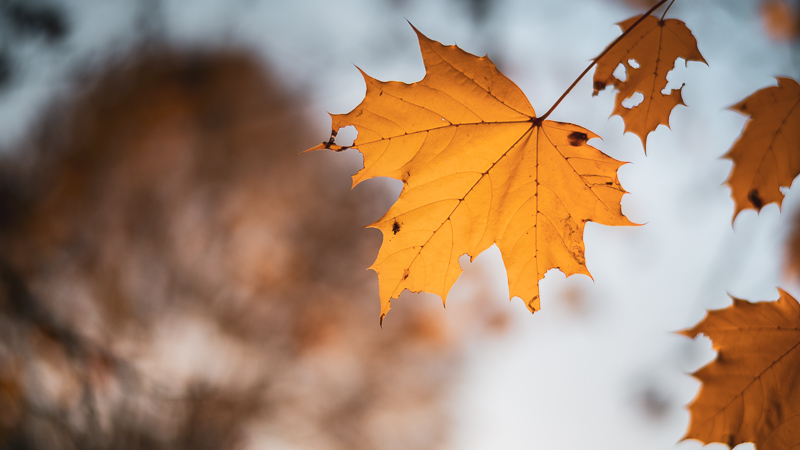
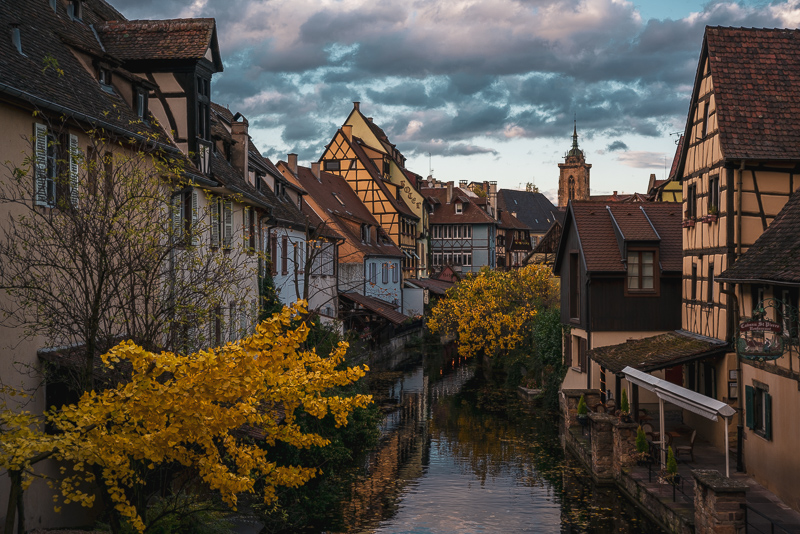
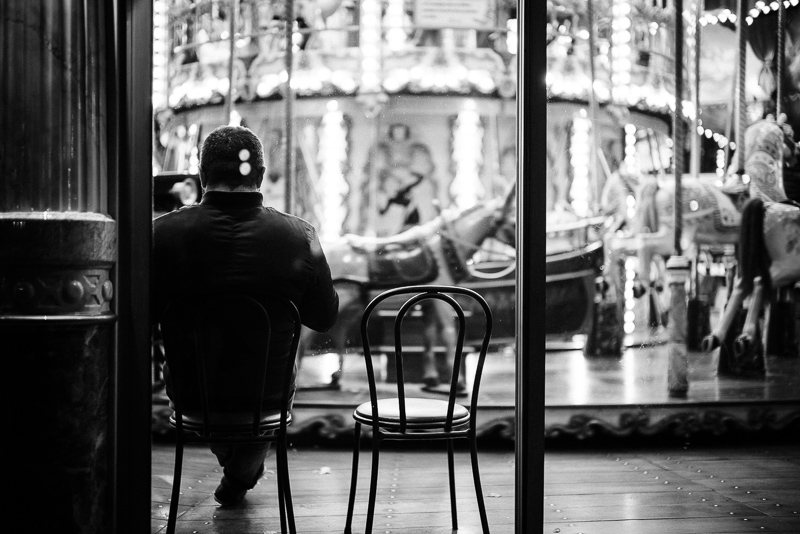
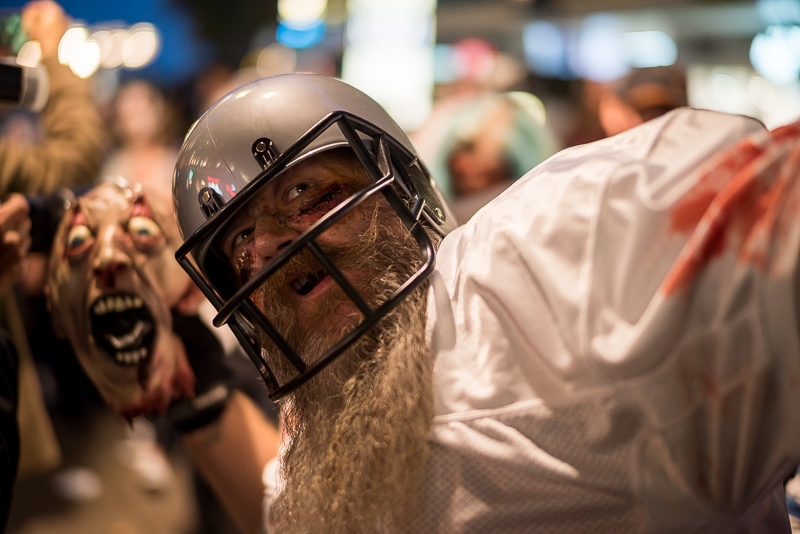
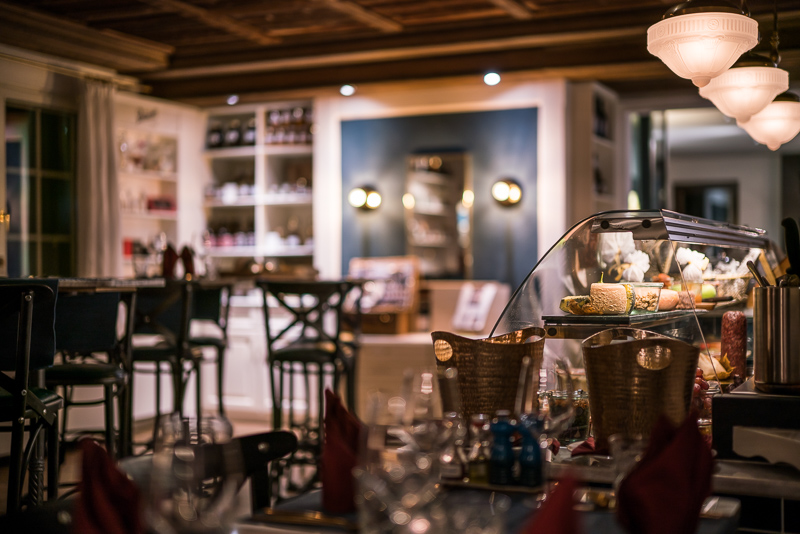
Most of the sample images in this review can be found in full resolution here.
Further Reading
- Sony FE lenses: Our comprehensive and independent guide
- Tripods for mirrorless cameras
- Review: Sony FE 85mm 1.4 GM
- Review: Sony FE 24mm 1.4 GM
Support Us
Did you find this article useful or just liked reading it? Treat us to a coffee!
![]()
![]()
![]() via Paypal
via Paypal
This site contains affiliate links. If you make a purchase using any of the links marked as affiliate links, I may receive a small commission at no additional cost to you. This helps support the creation of future content.
Latest posts by BastianK (see all)
- Review: Thypoch 21mm 1.4 Simera - July 12, 2025
- Review: SLRmagic 50mm 0.95 Hyperprime LM - July 5, 2025
- Full Resolution Pictures getting fixed - July 4, 2025








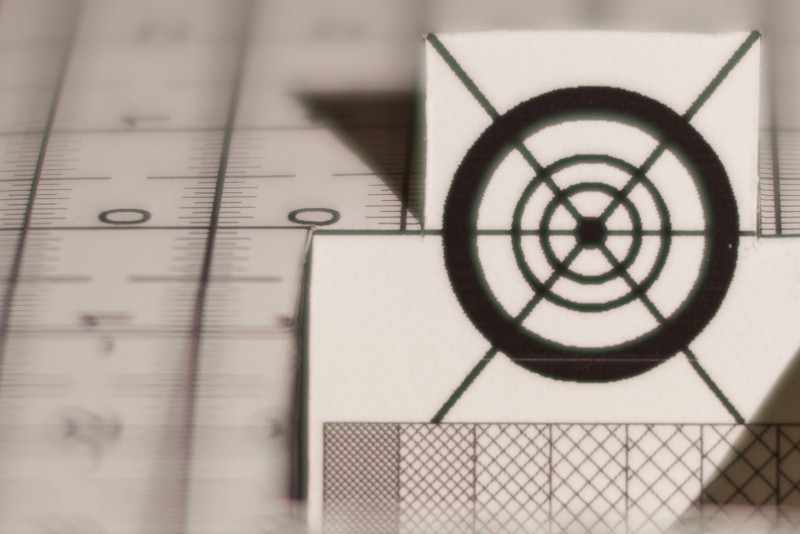
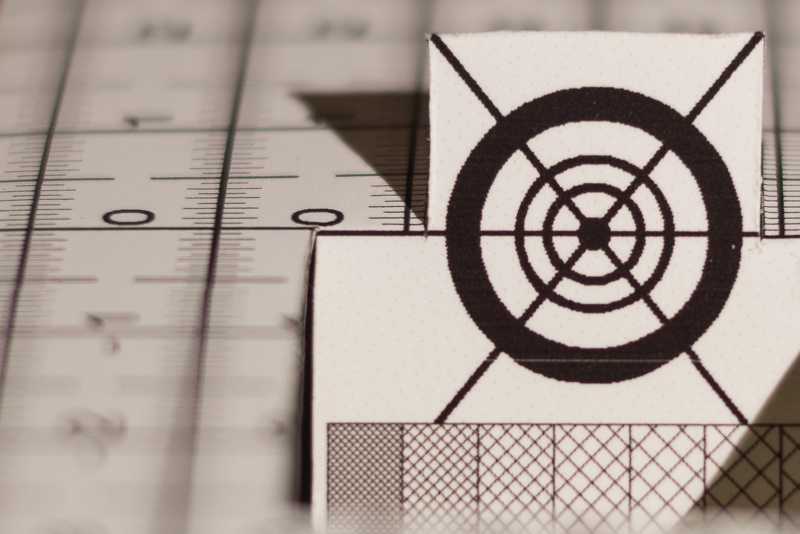
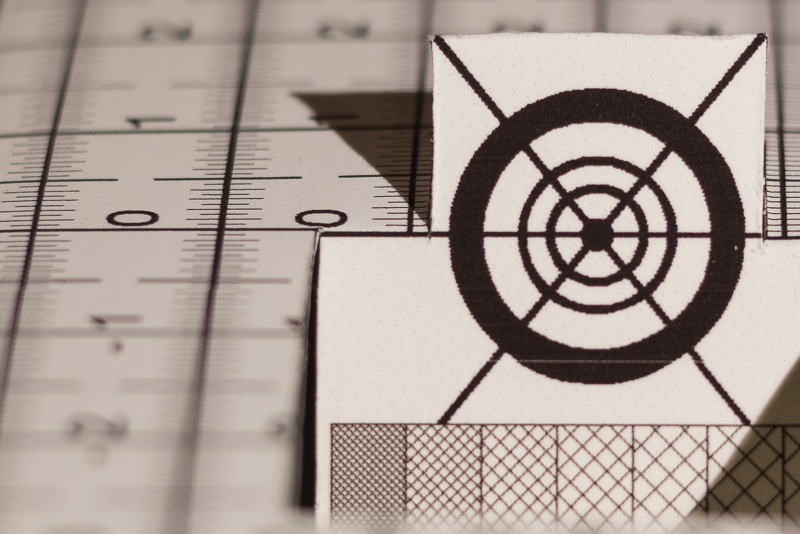
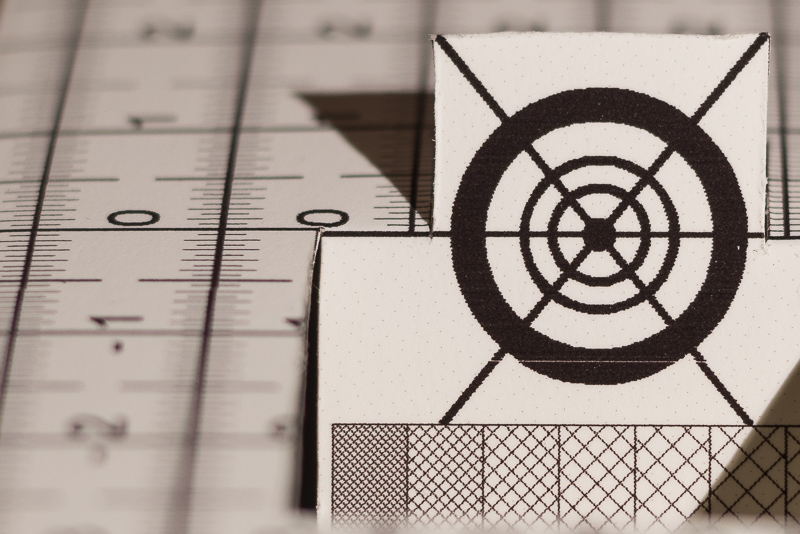

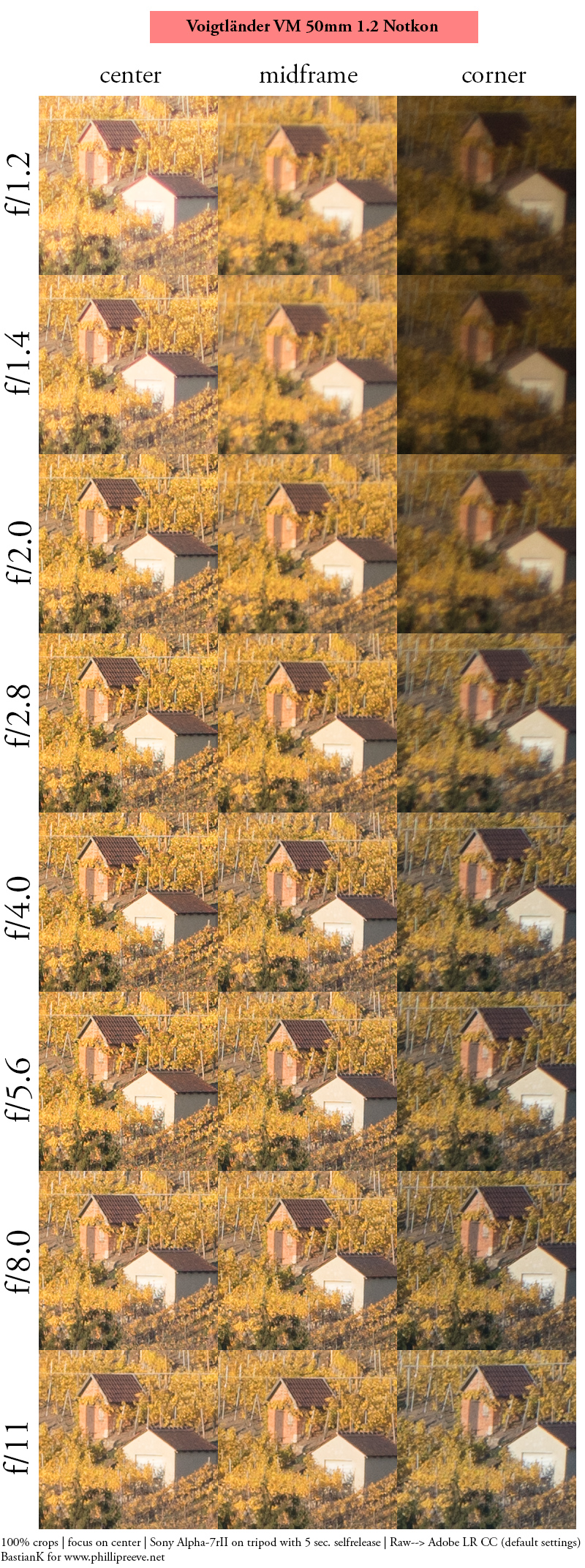
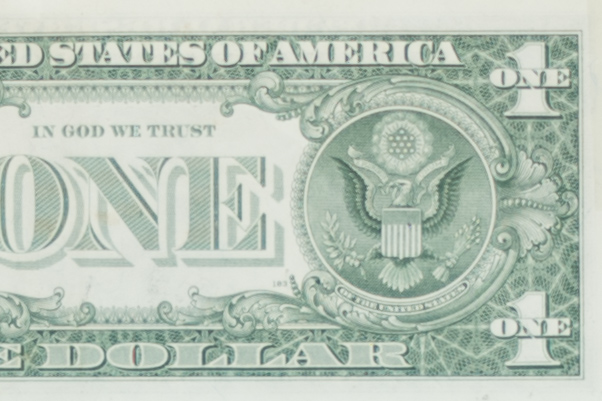
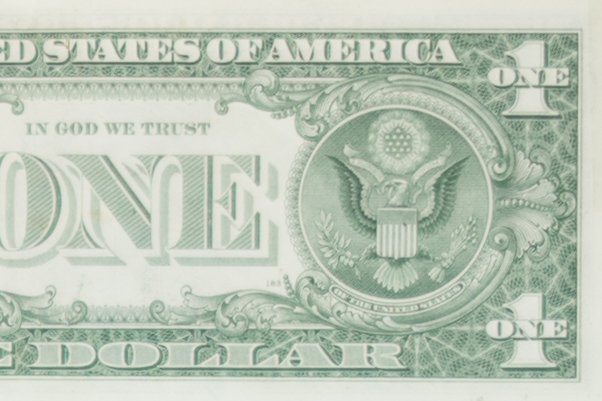
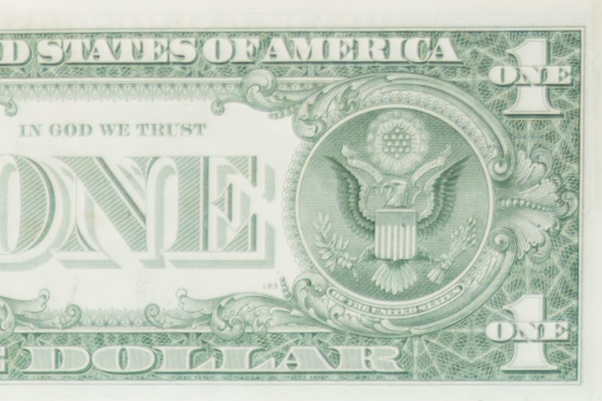



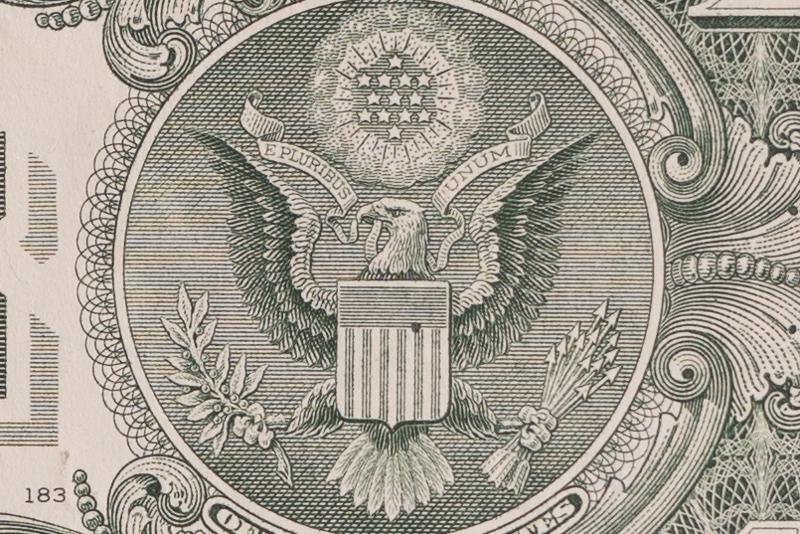
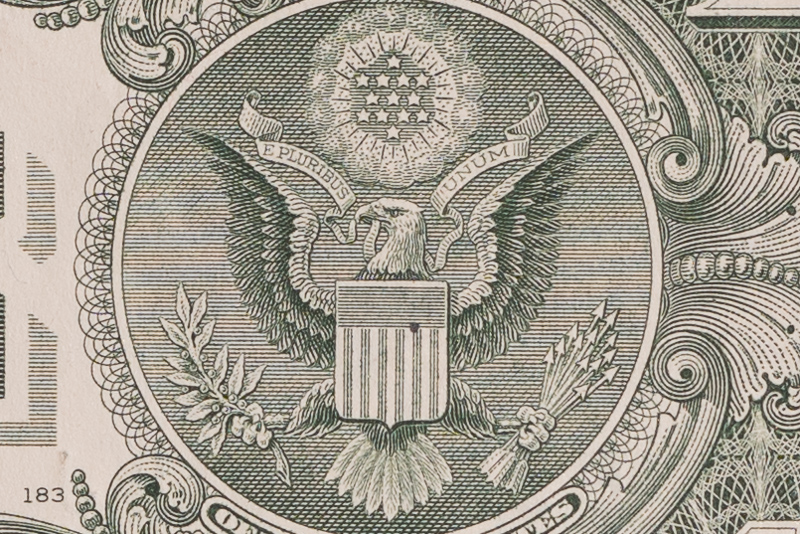






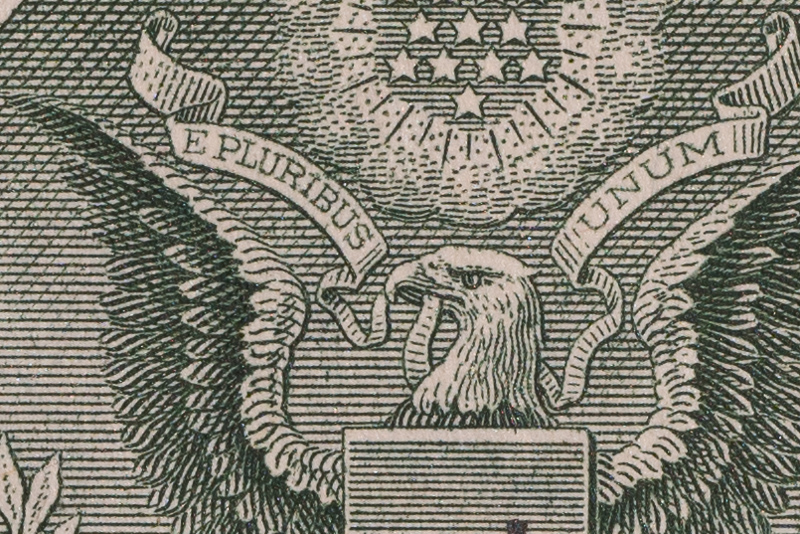
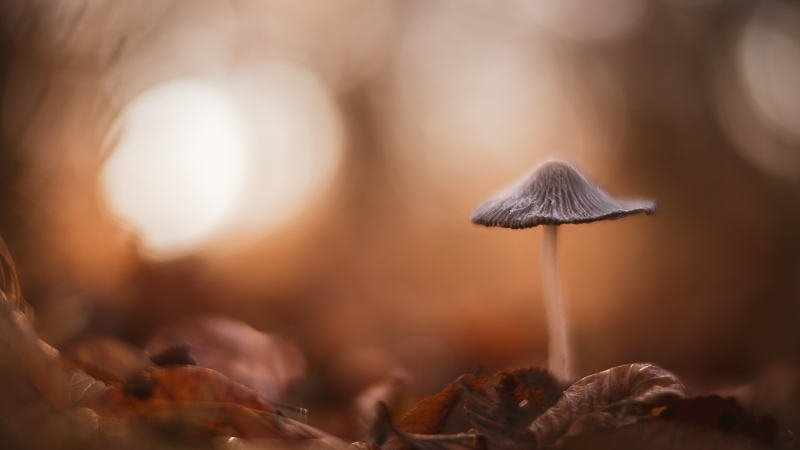
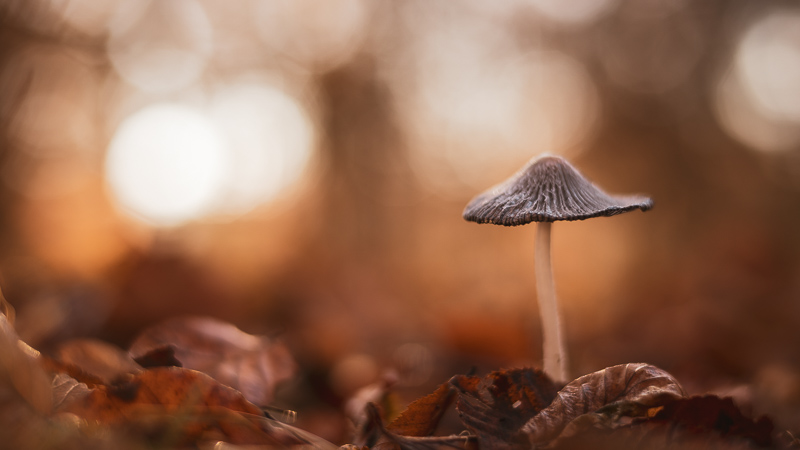
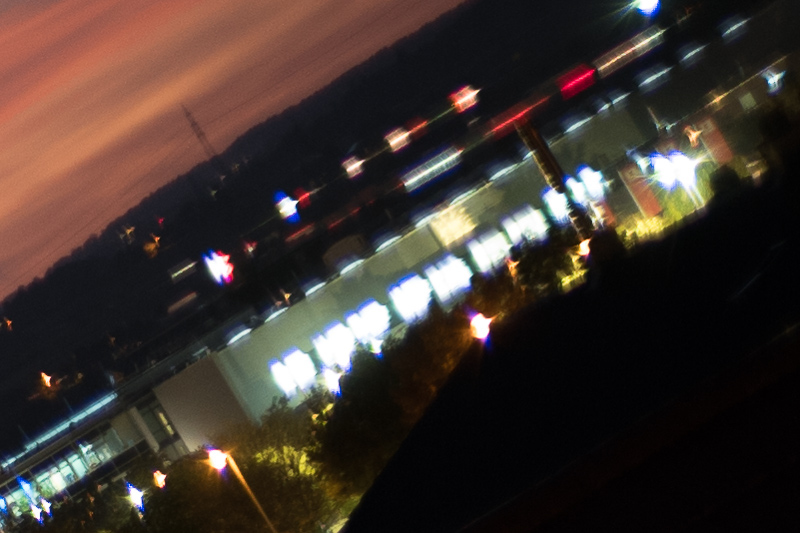
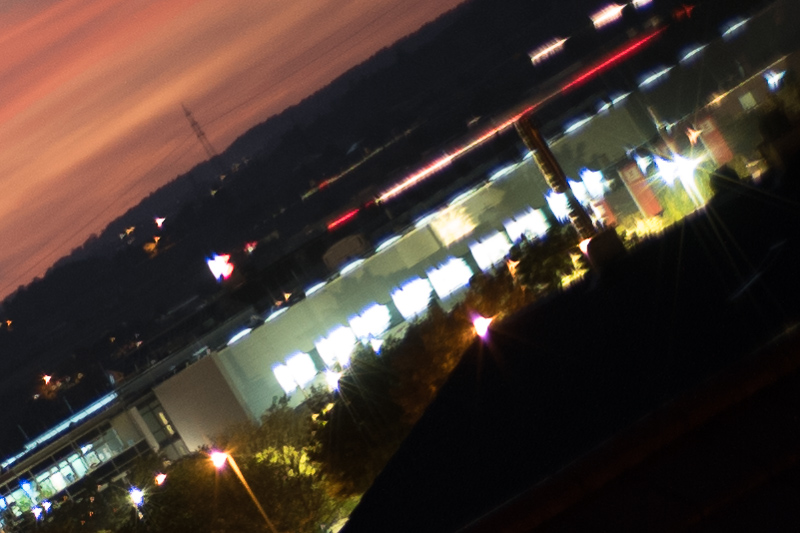
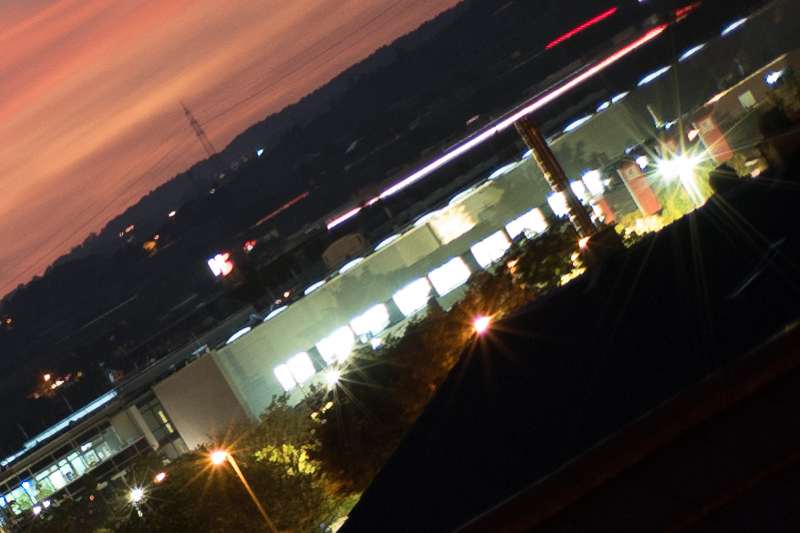
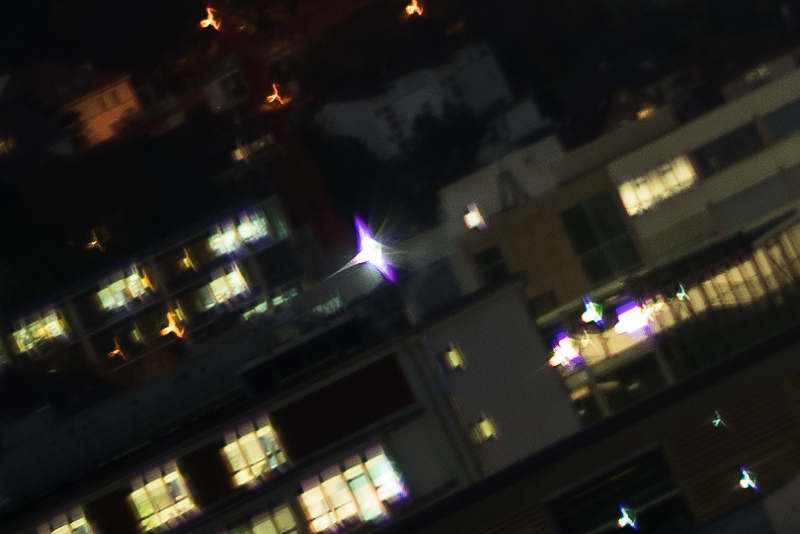
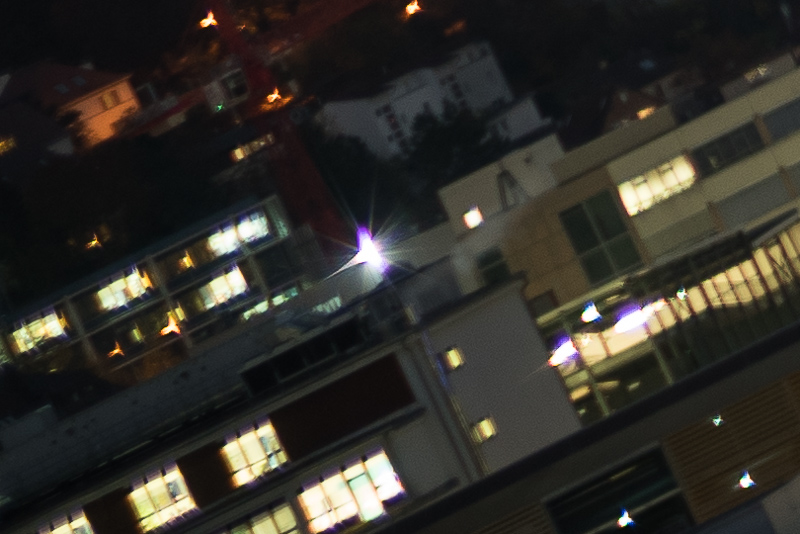
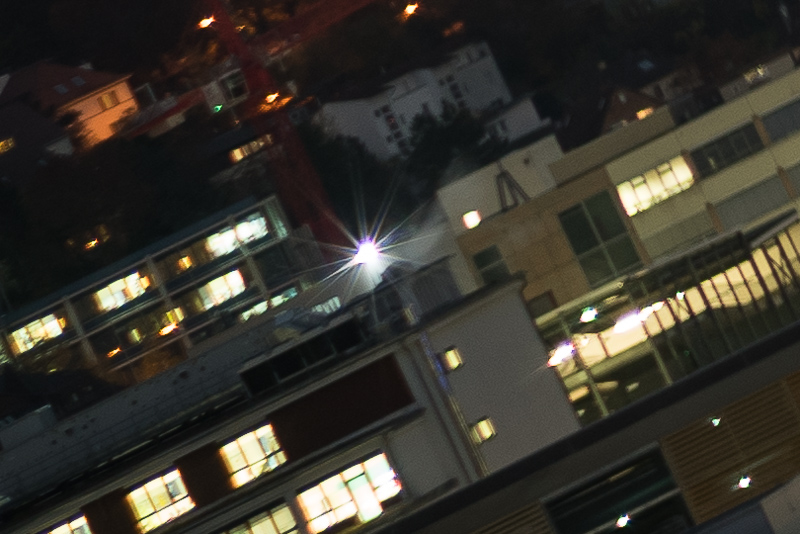

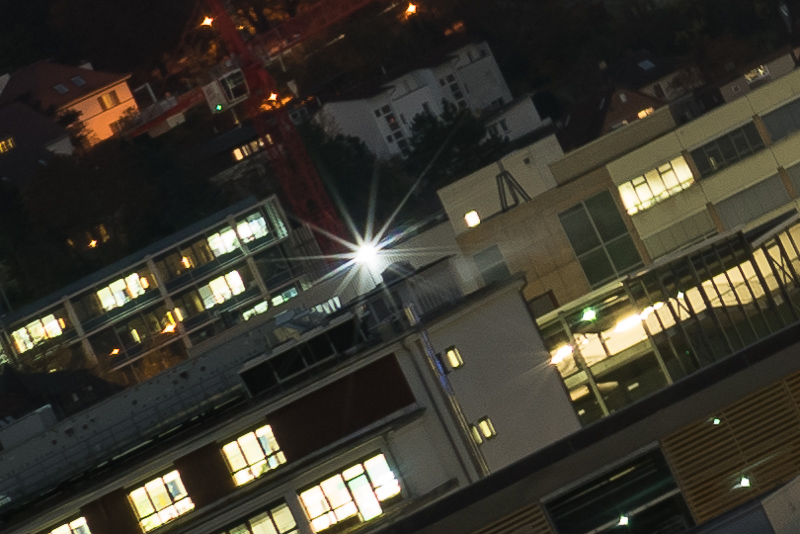
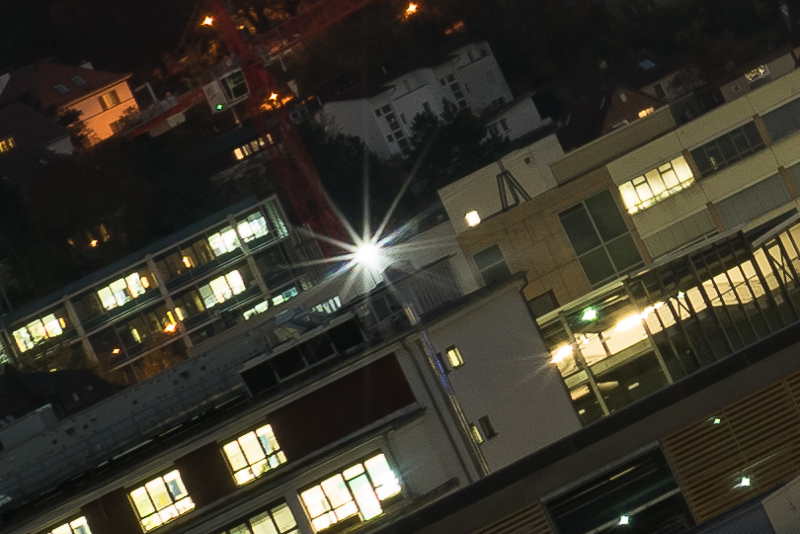
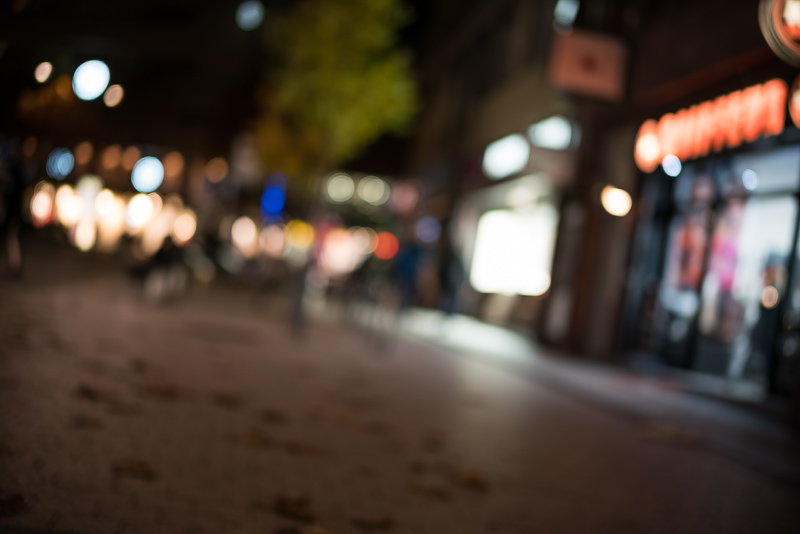
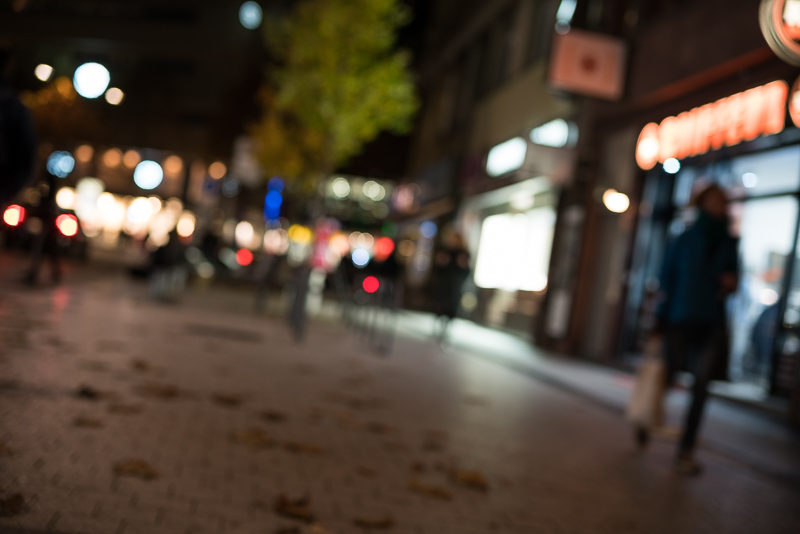

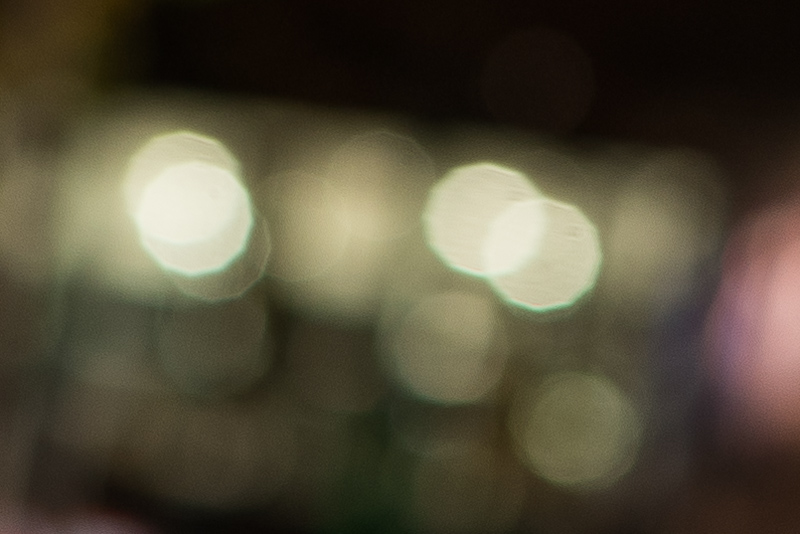
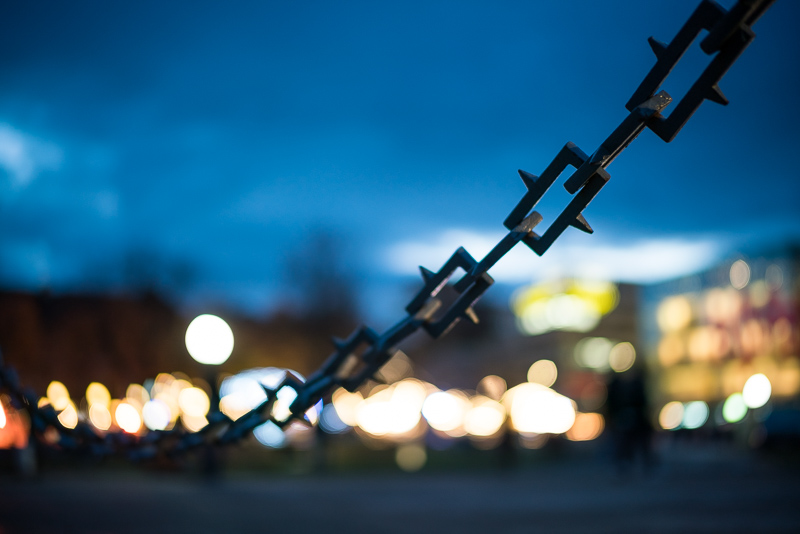
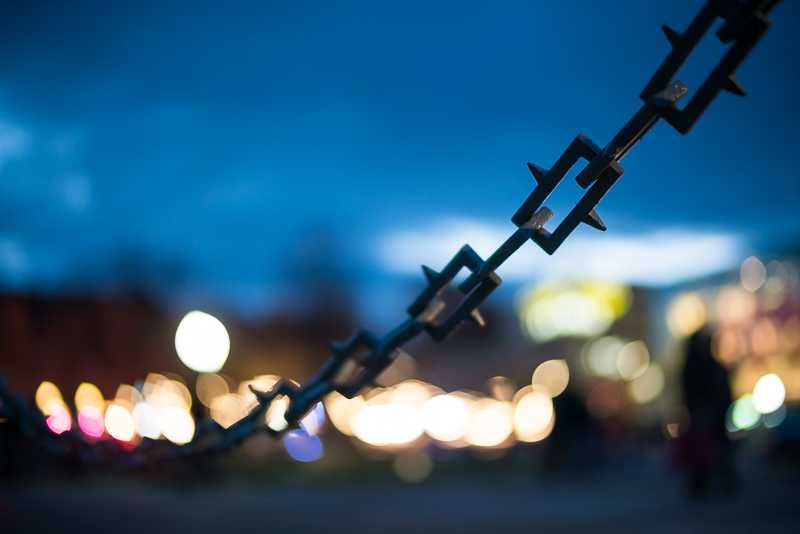
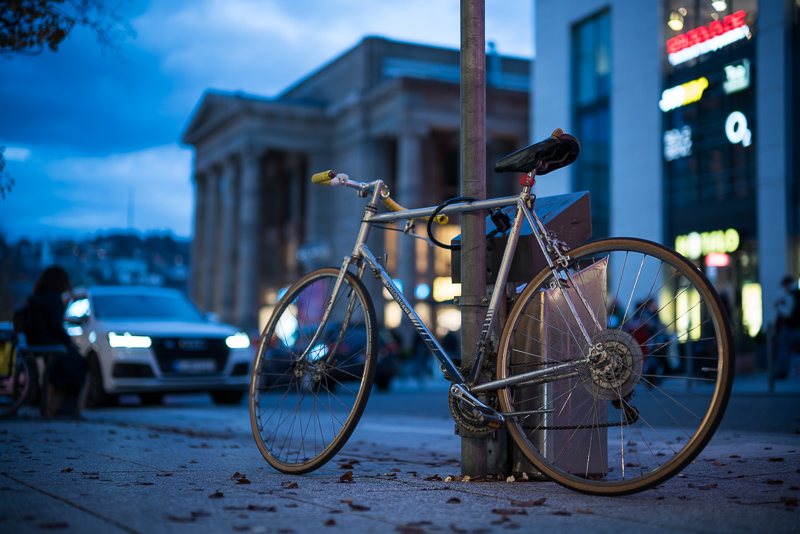
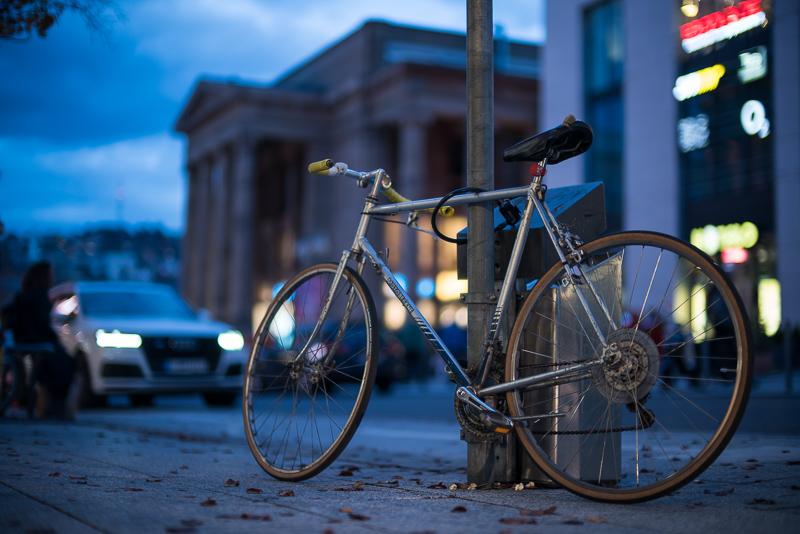
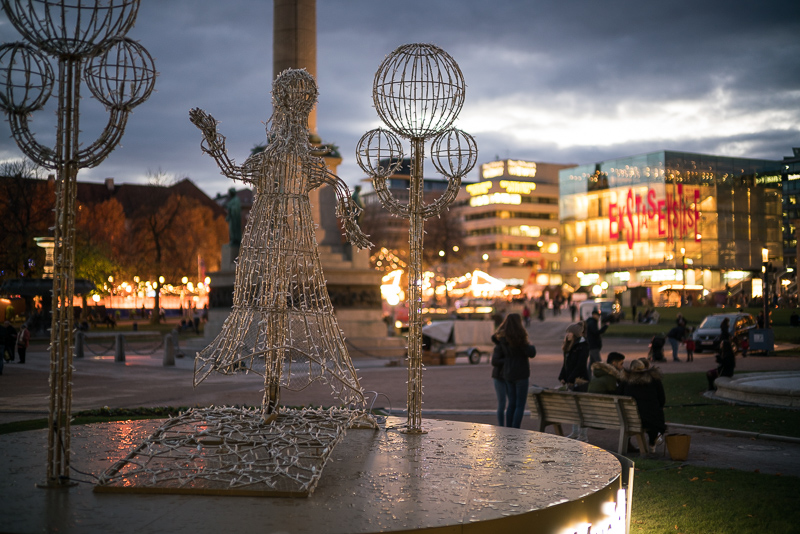
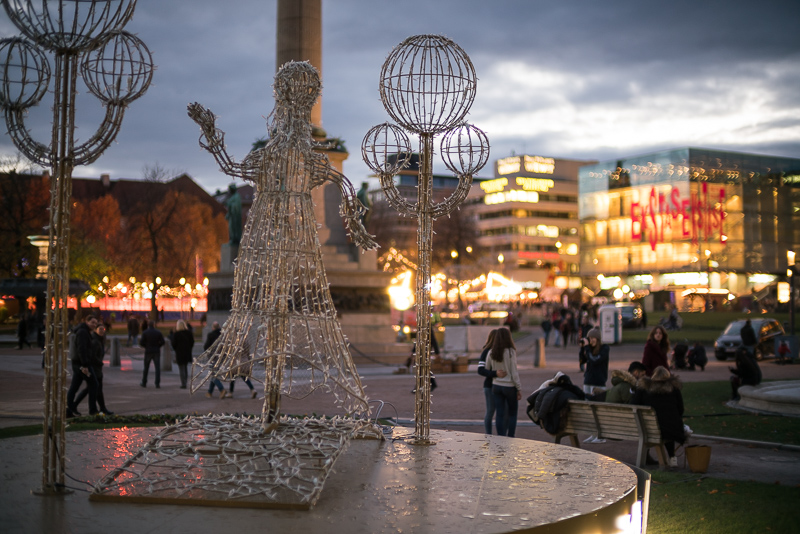
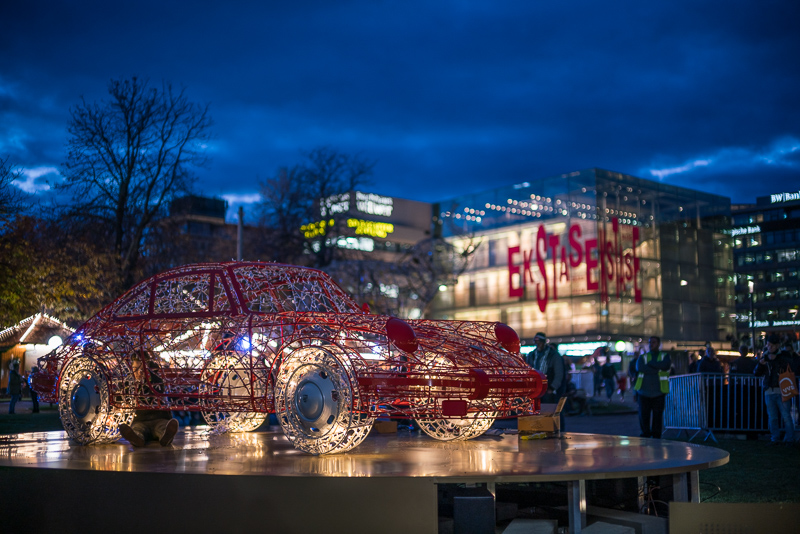
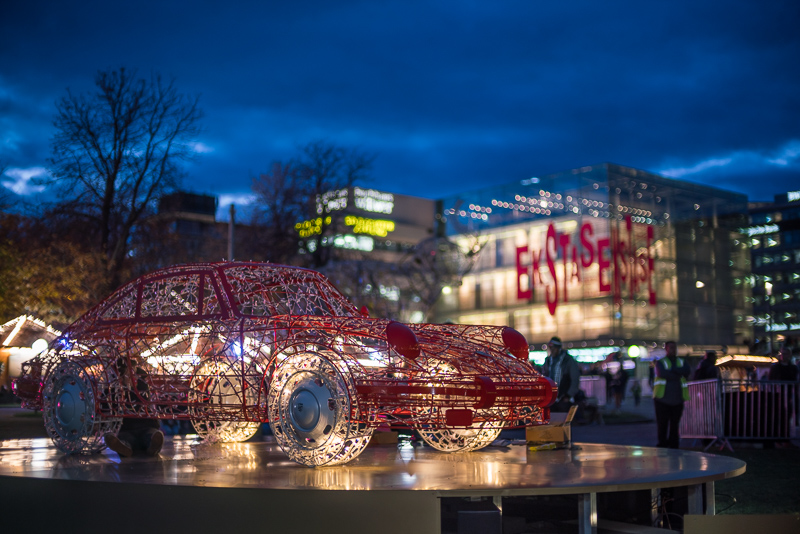
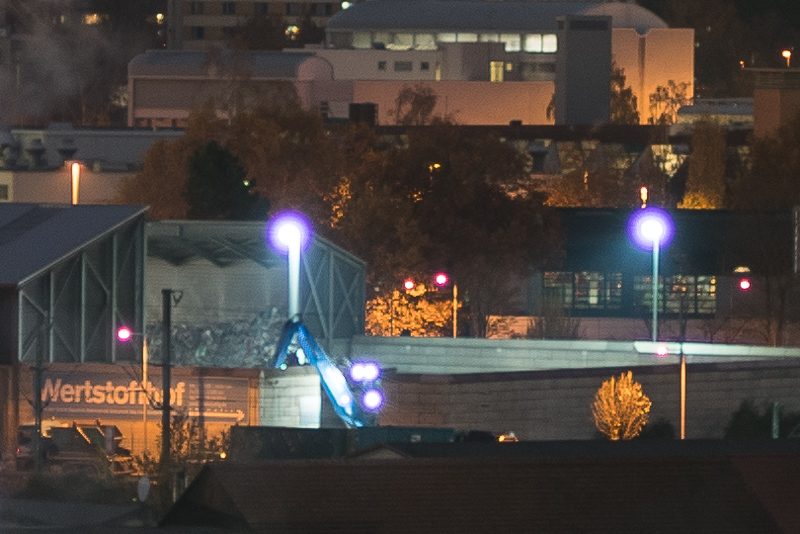

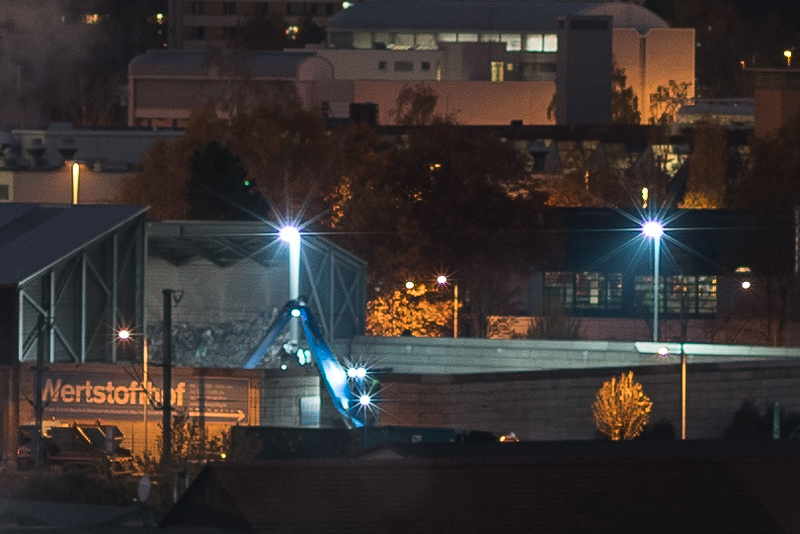
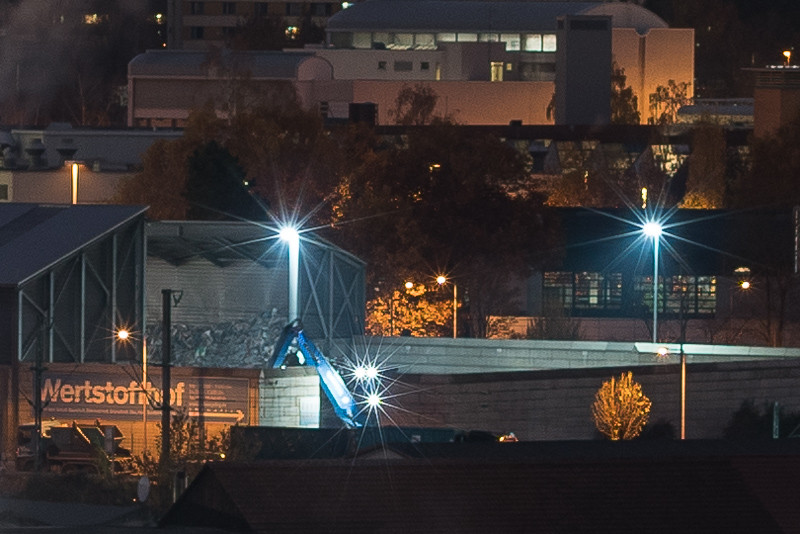
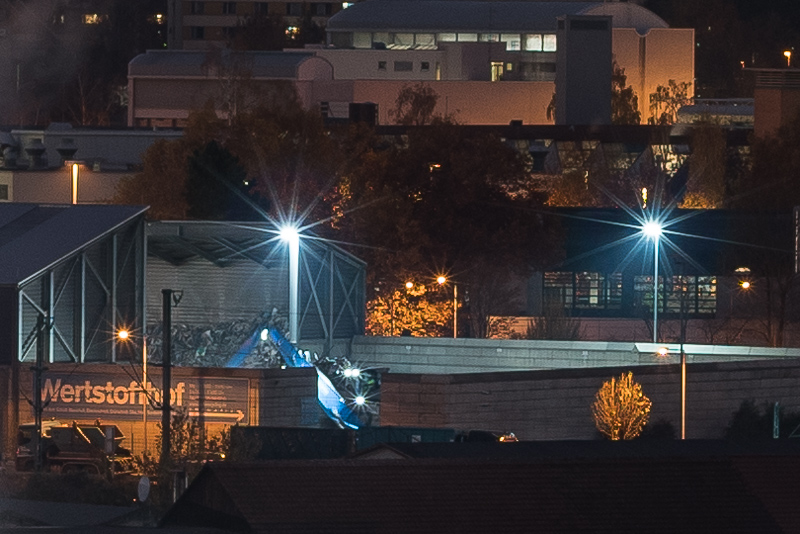
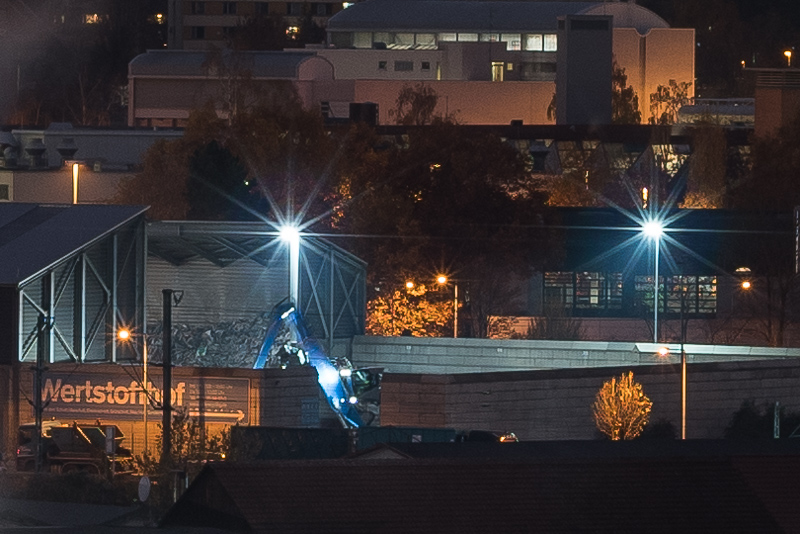
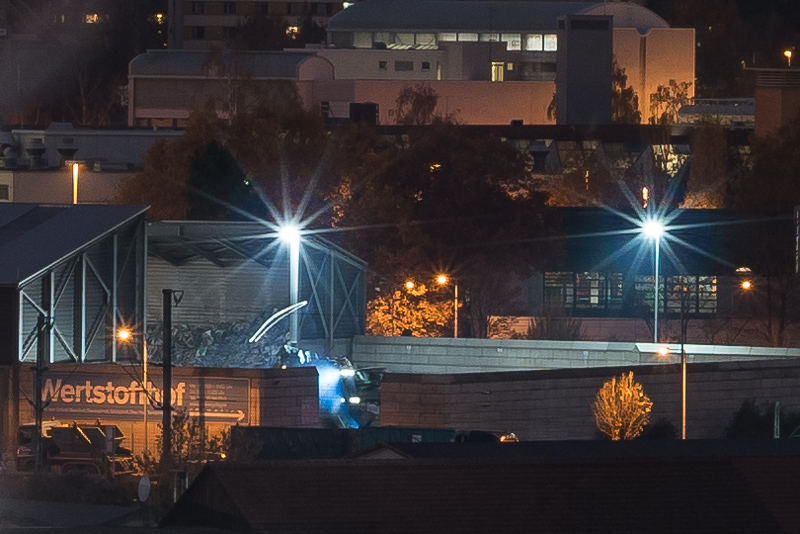
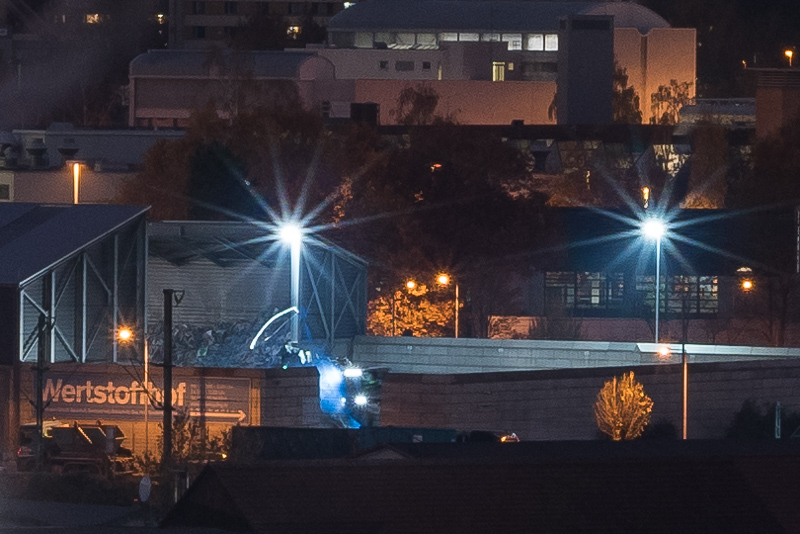
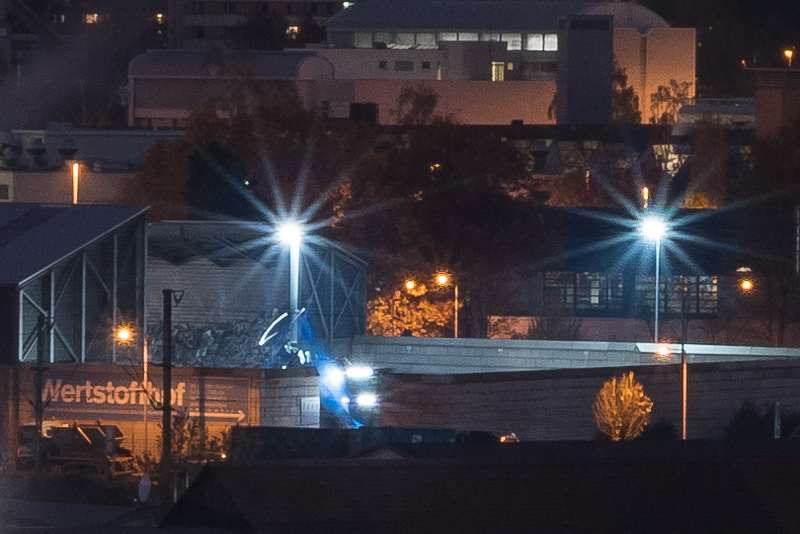

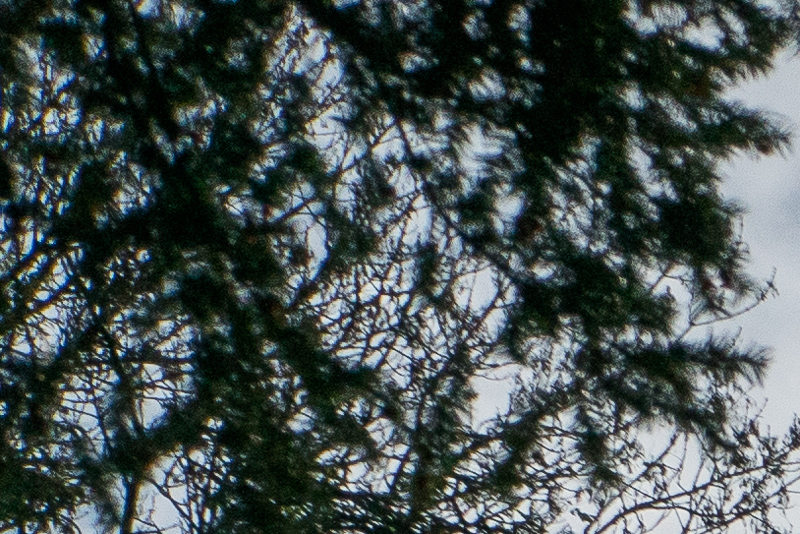

Hallo,
Welches der beiden Objektive, abgesehen vom Brennweitenunterschied, würdest Du den Vorzug geben.
Sony fe 55/1.8 oder dem Voigtländer?
Ich persönlich dem Voigtländer, aber ob dir diese Information weiterhilft ist fraglich. Die Objektive sind so unterschiedlich, dass das schon stark vom angedachten Anwendungszweck abhängt.
Bonsoir, thank you very much for this review.
But I still do not know which one to buy. Waiting for the E-mount version of the CV 50mm,or go for the Loxia 50mm?
Fred Miranda went back from the CV to the Loxia, as it is easy er to focus and has better corners…
What’s your opinion?
Thanks again
For pure landscape use I might take the Loxia as it is a bit lighter and will probably have better corners, especially at wider apertures.
For an allround 50 I would get this 1.2/50 no questions asked, the maxmium aperture of f/1.2 and the (to me) significantly more appealing bokeh rendering easily outweigh the shortcomings.
Unfortunately we do not know yet when the E-mount version will be released, but I doubt we will see it within the next 12 months in stores (it hasn’t even been officially announced yet!).
I own the Loxia 50 as a lens for all purposes and for my personal requirements the Loxia is the best solution on the e-mount.
First, I would never want to miss the electronic support. It speeds up focusing and shooting a lot, because you can control the aperture on the EVF and you can also activate the magnification for focusing automatically. I use this all the time.
Second, as I can judge from the Review here, sharpness and contrast should be better on the Loxia (correct me if I´m wrong). In portrait situation you can use F2 on the Loxia without any concerns, while F1.2 dosn´t look to good on the Voigtländer. Ok, this comparison is not fair, but for me the maximum aperture should deliver sharp images in the middle of the frame. And I don’t really need the background separation of F1.2, because I have a 85 1.8.
The Loxia simply feels like a non-compromise lens for me and the Voigtländer rather looks like a special Lens for special purposes. Lastly, I strongly disagree with Philiprevee in regards of Bokeh. I never understood the sharp criticism in that point. For me it is very smooth if you have no distinct light sources in the background and has a special character if so.
If you have use for 50 F1.2 it´s a different story, but if you are pleased with F2, I can recommend the Loxia.
That bokeh is pretty spectacular for a 50mm IMO. I don’t need the speed, but I can see why someone would gravitate toward this lens. I bet they end up selling a lot of these.
The Mitakon 50mm 0.95 has even more spectacular bokeh 😉
But considering the whole package and the size of the 50: I totally agree.
OK, thank you. Indeed I will use it for Landscapes…, and waiting another year…?
Well, if you use it regularly the worst case scenario is that you will get many nice pictures with the VM version until the E version is released and it cost you 200$ (estimated loss for selling it used after one year). I could live with that 🙂
Picture of person sitting on the bench = large blur in the center, small blur in the corners. This lens F/1.2 is only in the center. Bad vignetting + coma issue.
Thank you for the honest review. I’m bit disappointed, but my mistake expecting miracle and good performance from small lens.
What is the name of the “AltStadt” in the pic You have photographed… gives me inspiration to visit Germany again:)
I am sorry for interfering with your travel plans, but that is Colmar in France (not too far from Germany though) 🙂
But I can name a few nice towns like that in Germany too.
Some lovely images in this review, with great colors and moods. What’s your current kit—the 21/35/85 Loxias?
Not quite, currently:
Zeiss Loxia 21mm 2.8
Voigtlander VM 35mm 1.7 Ultron + 5m PCX filter
Sony FE 85mm 1.4 GM or Zeiss Loxia 85mm 2.4
Lately I often take the 85mm 1.4 GM over the Loxia as the weight difference is only 230g for 1 1/2 Stops more speed.
Both 85s are extremely competent lenses and while I don’t like having many lenses (especially of the same focal length) I can’t convince myself to sell either.
Nice kit! The Loxia does seem a bit heavy for an f2.4 lens, but then again I’m used to rangefinder lenses. I’ve been really enjoying the Voigtlander 35mm 1.7, it’s probably my most used lens now. The reviews here were very helpful choosing it, especially the 35mm lens shootout.
Für Holger Falz,
I think the FE55mm is a very sharp lens, even at f1.8, center to corner, and it has very fast AF. But the manual Focus by wire is no joy at all. For fast work, moving kids and pets it’s a very nice and universal lens. Some people do not like the rendering, saying it’s to clinical. I like it though! It’s my walk around lens. But I do want a manual 50mm as well…
What could we expect about af speed with techart pro adapter??
No idea, none of us is a Techart Pro user.
I have 4 fast 50mm lenses now.
Canon 58mm 1,2f FL which is very soft (maybe my sample was damaged, although it looks to be in good condition) Dont like the aperture control on it…
Nikkor 55mm 1,2f – man this lens is a stellar, it has flare wide open, and a lot of spherical aberations, but stopped down it is sharp and has great colors. Bokeh issint smooth but I like its charakter.
Mitakon 50mm 0,95f – probably the sharpest and also fastest of them all. Bokeh is very smooth wide open, sharpness is there, stopped down this lens can be used for landscapes too, it is sharp enough.
And recently I bought 7artisans 50mm 1.1f which is not sharp wide open, has aberations, has funky bokeh, but is small, has 12 aperture blades and looks good on Sony cameras.
All in all I got some toys to play with but that Nikkor is still above them all. It may not be the perfect lens, but it has charakter and someone distinct in its images.
Hello,
thanks for review!
You’ve mentioned, that only a few 50mm lenses have a smooth bokeh. What are the lenses you are talking about?
For example:
Zhong Yi Mitakon 50mm 0.95
Canon EF 50mm 1.2 L (haven’t used myself yet)
Sony/Zeiss 50mm 1.4 ZA (haven’t used myself yet)
When talking about cheaper ones the Nikon AF-S 50mm 1.8G is imho the best among the cheap 50s.
Thanks. I was hoping to get some legacy hints, as I’m currently in the hunt for them. 🙂
Bokeh really is to personal to talk about objectively I think.
On this site they do not price the bokeh of the 50mm Loxia, bu there are reviews where they tell you that one of the good things is the bokeh of the Loxia…
So one has to try for oneself and see?
We do not like all the same things in life, which is good, otherwise we all ran after the same women…, or man.
The same we can say about sun stars… Personally I do not want them everywhere…
Sure, things like bokeh are subjective and we have to make a decision on what we consider good (smooth bokeh in this case) but I hope that the samples we provide will help with the decision process even if our preferences aren’t shared.
Thank you, very good reply!
Perhaps it’s an idee that you show some images of what you like as “good” and “bad” bokeh…?
I know the team likes sunstars…, personally I find them too often fancy, like rain on my spectacles, or publicity for Christmas presents. But that’s just taste, not mesurable science.
How would you rate versus Minolta 58mm 1.2?
Best have a look at our Minolta 58mm 1.2 review.
Bokeh is a matter of personal taste, but all in all for me the lower price would be the only benefit of the Minolta.
Hey there,
Many thanks for this nice and thorough review.
I was wondering if you have any news on the 110mm f/2.5 Apo Lanthar release date? I paid my pre-order almost 6 months ago, and delays and everything, I think 6 months is really pushing it.
In other forums I have heard the release of some Voigtländer lenses depends on how many pre-orders are placed, but I don’t know if this is accurate or just speculation, but it would be nice to see some transparency from Voigtländer about the real release date of the 110mm Apo Lanthar.
If release depends on pre-order volume, it would be interesting to know the target and see some updates on the progress towards meeting said targets, in the style of kickstarter campaigns, for example.
Anyhow, if you guys have any insight, it would be great if you could share them.
Salut!
Unfortunately I have no insight in their business, but last I heard is that it is supposed to ship starting december 7th.
I have been in contact with Robert White and they seemed to be pretty confident to ship on Dec. 7.. Placed my preorder yesterday.
I also don’t think much of that theory since the cv110 was the only one of the more recent releases which was delayed.
Well, that would certainly make christmas sweeter 😉 Sounds like a little light at the end of the tunnel… hope it’s not just another train coming.
Thx for the quick reply,
Salut!
Ken Norris-Rockwell seem to say there is no filter stack problem with Leica lenses on nikon z7:
https://www.kenrockwell.com/nikon/mirrorless/with-adapted-rangefinder-lenses.htm
Yay nikon?
For adaptation of M-mount their system seems to be attractive. Although I have read a less encouraging report about lag of the evf.
Any chance one day u will review the nikkor 58mm 1.4g and compare with this nokton?
I am generally interested in reviewing this lens, but:
Nikon won’t send me the 58mm 1.4G for a review and I won’t buy it.
I was also asking our readers, so far no reader volunteered to send it to me.
So chances are rather low at the moment.
I have this Voigtlander 50mm 1.2 ASPH VM lens and also have an A7III and Nikon Z6, and I can confirm that there is a very significant improvement in midframe to edge and corner image sharpness with this lens on the Nikon Z6, compared with the Sony. Indeed, Yay nikon. I also suspect this lens would perform well on Leica M digital cameras with the thinner stack.
… I’m referring to shots wide open at f/1.2. When you stop down to about f/5.6 differences are minimal. Note that it’s not just sharpness at f/1.2 in the corners, but ghosting in the corners on the A7III at f/1.2 is noticeable but not on the Nikon Z6.
I just bought a Voigtländer Classic 40/1.4 and was wondering whether a PCX front filter would improve the lens’ corner performance. After seeing that it does with the 50/1.5 I suppose it would. I have the A7 III.
What do you think?
Many people already asked that question (see comments on this article) and no, the Voigtlander Classic 40mm 1.4 just has shitty corner resolution, a PCX filter does not make a meaningful difference.
PS: also on the 50mm 1.5 the difference is not that big.
Your answer wasn’t there when I answered before.
So thanks for covering it twice.
But since you say the corners on the 40/1.4 suck I’m somewhat puzzled. Looking at the samples from Ron Scheffler, I find them anything but bad. In fact, while soft, they look useable from wide open to me.
Link: http://www.ronscheffler.com/techtalk/?p=251
Maybe we have a very different opinion on what looks good.
This is what Ron has written:
“At wider apertures, the central area is very much the sweet spot, with the mid-zone and edges looking terrible. There is some evidence of edge smearing in the a7R images, as the blur looks jittery compared to the M9… But the poor edge performance is mostly due to the lens’s massive field curvature.”
This is also what I have seen in his samples I once downloaded.
But seriously, if you like the lens there is nothing wrong with that.
There are also people who like the Nokton Classic 35mm 1.4 which should have similar rendering to the 1.4/40.
I know I’m luckily still allowed to have my own opinion, it’s just that I’m typically very critical. The 50mm Zeiss Makro-Planar’s edges look terrible to me at infinity. But I just can’t see those terrible edges on the CV40/1.4. I compared them with the other lenses he has shot and can’t see that much of a difference.
My lens didn’t arrive yet, so I’m in between potential buyer’s remorse and excited anticipation.
Well, now it’s too late, I bought it.
Ich freue mich schon auf euren Test des neuen Mitakons 50/0.95!
Bad is a matter of setting a subjective threshold I guess. It was Scheffler’s samples which stopped me from buying the 1.4/40 a few years back. But if you like it, that’s good for you, because it’s both small and cheap!
I must have gotten one of the best copies of that lens ever, cause with mine only the very outer corners stay poor. A little more inward and they are totally useable straight from f/1.4.
I am very happy with this lens – I’ve had the Voigtländer 40/1.2 E-mount before – which I returned because it was a big disappointment. This lens is very comparable but only cost me 360€.
f/1.4
https://2.img-dpreview.com/files/p/E~forums/62412314/861223cd51e2430795a6518a80b67a50
f/1.7
https://2.img-dpreview.com/files/p/E~forums/62412314/5df10ca4e2f54b8aa19e92e3ea7a310c
f/4
https://4.img-dpreview.com/files/p/E~forums/62412314/f7657a6000a4443781eb52f00db2e341
I found the/your answer myself…
“BastianK
January 20, 2019 at 3:48 pm
That lens has pretty shitty corners by design, even on a Leica camera.
So no, a pcx filter most likely won’t be of much help.”
Well, at least that will save me money.
Voigtlander is taking lethal action against my wallet once again.
I already have the 40mm 1.2 and I love it (I am a huge fan of the 40mm focal length), I had the chance to try the 50mm at photokina and it really seemed very soft there, but it looks like it is just an issue of the pre-production model. Now it is a really strong contender to be one of my lenses in the future. But before that I will probably buy the 24mm 1.4gm I need something for astro photography.
pls review the e-mount version of this lens! 🙂
Ringfoto, the german distributor, will not send us review samples anymore as we are using affiliate links in our reviews.
As these affiliate links are the only source of income for this otherwise completely adfree and independent blog this is not an option.
Therefore we have to see how we can get hold on new Voigtlander lenses in the future. One thing is for sure: we may not get them as fast as you are used to.
Could you please compare this one with the Voigtlander 50mm F1.5?
50mm 1.2 is noticeably better in pretty much every regard.
Even on M mount?
Yes.
I agrée !
Thank you for the thorough review of this wonderful lens.
I got it a few days ago and frankly, I am impressed by how good it is. I knew from online tests like this and others that the bokeh is very smooth, but image quality wide open appears to be much better than (particularly) the infinity test images I see posted here. To be precise: So far I have seen no highlight glow (spherical aberration) at infinity and longer distances, but I do see it at close distances. I wonder if this is due to sample variation. If so, I think I got a very good sample.
I have both Sony a7II and Nikon Z6. According to online resolution tests, the Z Nikkor 50mm f/1,8 S is one of the sharpest normal lenses ever made.
Based on my own tests, the Nokton f/1.2 VM has the same max resolution in the center of the image. At long distances (infinity) the Nokton VM even beats the Z Nikkor at f/2 and f/2.8. At f/4 and f/5.6 it’s a draw.
However, in the mid field the Z Nikkor is better at f/2 – f/2.8 while it’s a draw already at f/4 and f/5.6. In the extreme corners, the Z Nikkor wins clearly. The Nokton f/1.2 VM has field curvature – thankfully of the regular type (focus plane is closer to the camera in the corners) – and this explains why.
In a test I did at about 90cm distance, in the central area the Z Nikkor has better sharpness at f/2, at f/2.8 it’s a draw and at f/4 the Nokton VM is better!
One thing I noticed in the test at 90cm is that the difference between f/1.2 and f/1.4 is almost exclusively seen in the central image area. The sides are barely affected regarding exposure and bokeh/blur. Only the center show readily visible more blur and exposure at f/1.2. This also means that, when shooting in aperture priority, the shutter isn’t changed when stopping down to f/1.4. The only reason to prefer f/1.2 over f/1.4 would be an increase in sharpness and contrast in the central area, while the outer areas benefit only very slightly. After all, in theory it is only half a stop. Maybe it’s only a third stop in practice…
In short, this lens is the most versatile (being f/1.2) and sharpest normal lens I have ever had. It lacks auto focus and electronic contacts. That’s the obvious and important drawbacks, but if these limitations aren’t an issue to the photographer, this lens is one of the very best options today for mirrorless full frame cameras.
(I use the Voigtländer VM-E close focus adapter on a7II and Gabale LM-Z close focus adapter on Nikon Z6.)
For reference:
I did two series of test shots wide open at different distances; one testing center sharpness and one mid frame sharpness. I discovered that (at least my sample) the Nokton 50mm f/1.2 Asph VM is at its sharpest in both center and mid frame between 1.2 and 2 meters. Already at 3m a decrease in sharpness is seen and at 5m noticeably so. At 1m sharpness is still OK, but it drops very abruptly at closer distances. This suggests that the wide open performance is optimized for portrait distance which is a good design choice for such a lens.
which voigtlander lens will you prefer on mirrorless Nikon Z system? the Voigtlander 58mm f1.4 Nokton or Voigtlander VM 50mm 1.2 Nokton? 58mm with an third party F to Z adapter make the whole lens very long and protruding on the Nikon Z body. But it is much cheaper. VM 50 f1.2 with heliocoid adapter on Nikon Feel more balance and handsome. I think the 50mm f1.2 has a slightly smoother bokeh and slightly (only) sharper at f1.2. I still play with Nikon Film camera so if 58mm i can use it on both camera with 50mm f1.2 i can only use it adapting to Nikon Z.
I think the VM 50mm 1.2 is clearly the better lens and better suited to the Z system.
If you only use the Film camera maybe once or twice a year I would be getting the f/1.2.
If you regularly use both I think you don’t really have a choice 🙂
Hallo,
lese die Tests hier immer gerne. Mich würde mal ein Vergleich mit dem neu aufgelegten 1.2er Noctilux interessieren. Ist denn sowas mal angedacht? ;D
Hey, I am glad to hear you enjoy my reviews 🙂
To me the Leica 50mm 1.2 is one of those “fanboy-lenses” that appeals only because of name and heritage and is only being produced
to squeeze the biggest possible amount of money out of those aforementioned fanboys (just like 2.2/90 Thambar und even more so 5.6/28 Summaron).
The price is completely detached from the product, especially that of the special edition.
Wonder why they only doubled the price for the special edition, if they had tripled or quadruled it people would still buy it,
because those folk buying such lenses, they don’t care about the price one single bit.
I guess they just wanted to undercut the price of the original used examples to give those scalpers/collectors a warm feeling that they are doing a good investment.
But more importantly to me the MTF are more of a disaster and
Bokeh as well as rendering in general don’t appeal to me one bit.
Therefore I never asked Leica for a review sample (I did in the past for other lenses though with little success) and owners are unlikely to send me one because of what I wrote in the first paragraph.
Therefore – if I was in head of the Leica Marketing department – I also wouldn’t send the lens to someone conducting a technical analysis as well
as comparing it to other lenses (meaning someone like me) and would rather give it to the likes of Steve Huff or Overgaard to whom everything with a Leica tag
is the greatest thing since sliced bread.
Hi Bastian, I realize you likely don’t have a copy of this lens anymore, but since you since have acquired a digital Leica camera body… if by some chance you were to get access to this lens again, I am extremely curious about how the mid zone and corner performance compares to the Sony with it’s ~2.5mm thick sensor stack and cover glass, since Leica has less than 1mm thick stack from what I have read. I have this lens and am wondering about if I should consider a Leica body or something else with thinner cover glass/stack. Thanks for all your hard work with the best lens reviews on the web 😉
by the way Bastian, I have tested briefly this lens on both a Sony A7III and A7IV vs. Nikon Z6 and the corner performance is significantly better on Nikon Z… makes me curious about on Leica.
perhaps I should just make a new friend who owns a Leica in my remote area… to test. Or make a friend at a camera store…
If there is a Leica store nearby I am sure they would hand you an M camera for some time 🙂
Thank you so much for updating this review with the Leica M body sharpness test 🙂 Confirmed my expectations, very interesting results. I’m eagerly awaiting the upcoming 50mm best of the best M-mount lenses comparison test 🙂
Ah, someone noticed the silent update!
Hello, thanks for the awesome review! Quick question: I’ve got a Sony A7RIIIA with the Techart lm-ea9 adapter. Would you suggest going for the Leica version or sticking with the native E version?
Appreciate your help!
Definitely E-Mount version.
Thanks for the reply. I’ve decided to go with the E version for better corner sharpness.